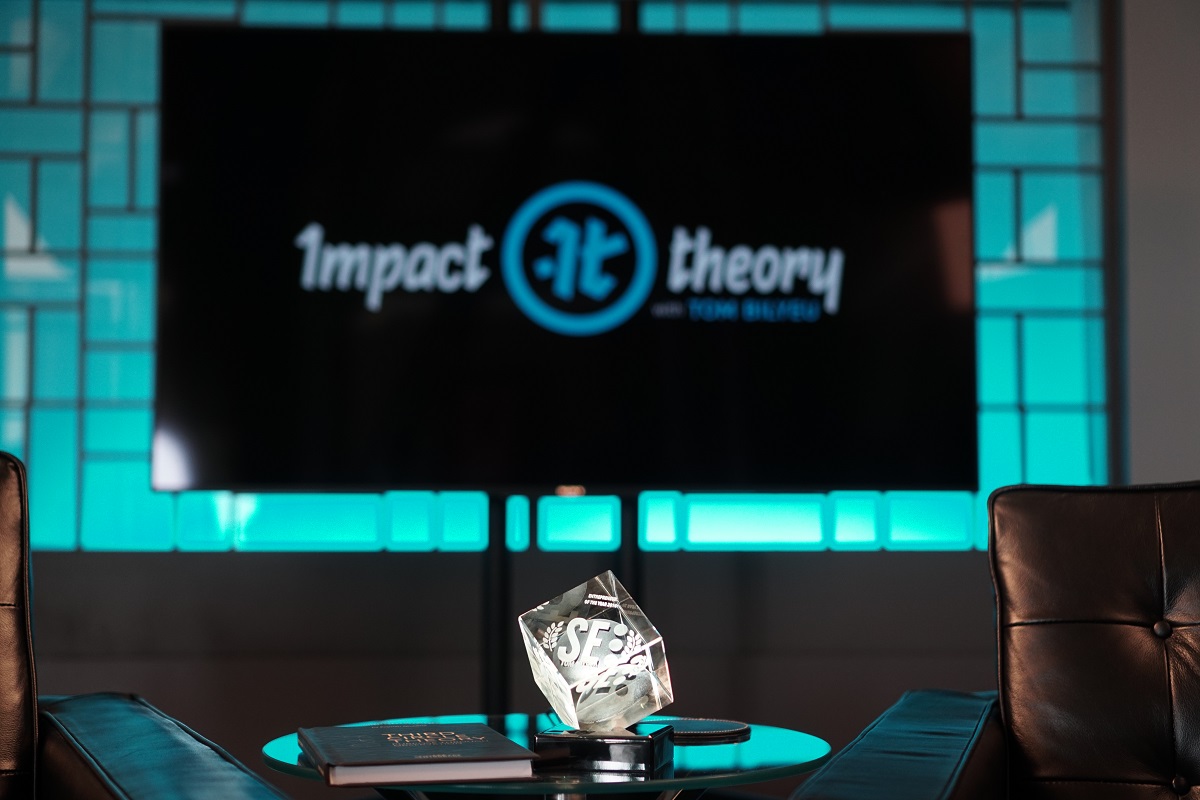What made you decide to launch Quest in the first place – where did the idea come from?
My partners and I are serial entrepreneurs. We had built several companies before this and, as always, it was the classic entrepreneurial story. You identify a niche in the market and you exploit that niche through clever marketing while not really focusing on having the best product. That really wasn’t our primary aim. Our primary aim was to build a company, get top line revenue up, and then sell it. That just ended up really taking an emotional toll on us not being able to connect from the level of passion and enthusiasm with our products.
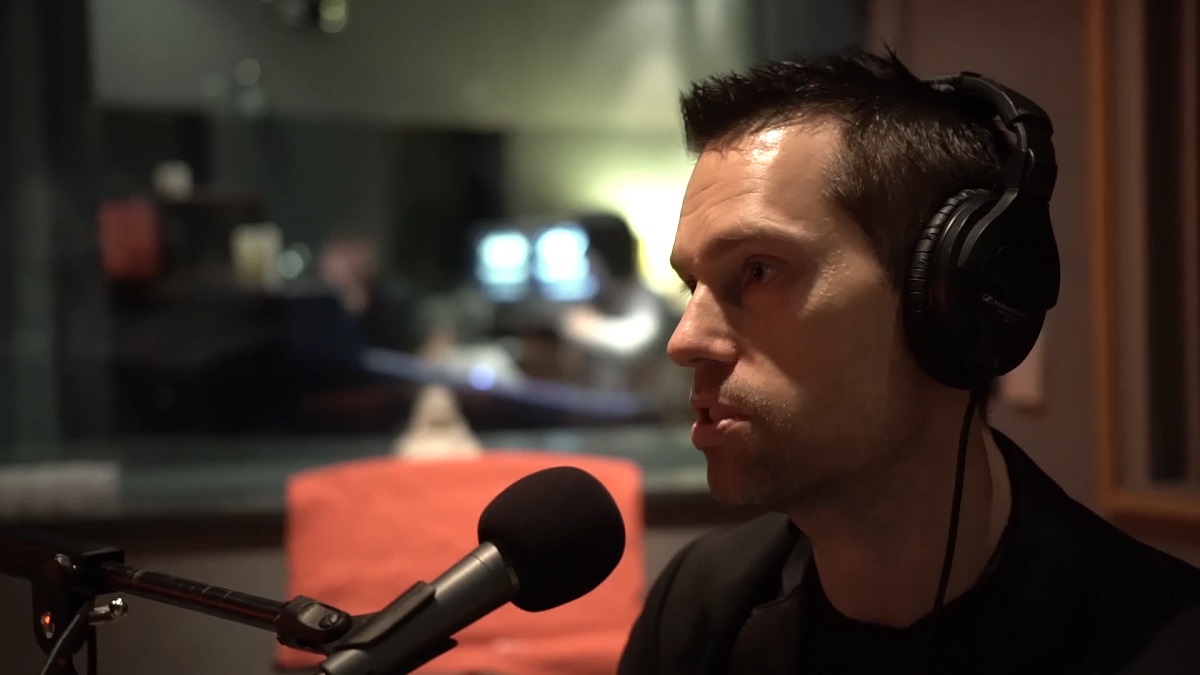
We had reached the end of our last company from what we were willing to bear a standpoint and decided we need to sell this even though we hadn’t hit the numbers that we really wanted to hit. We were hoping that company was going to be that big grand exit. We did well, but it wasn’t a show stopper. We just knew that the next thing, whatever it was going to be, it has got to be something that we were passionate about, that we want to know more about than anyone else in the world.
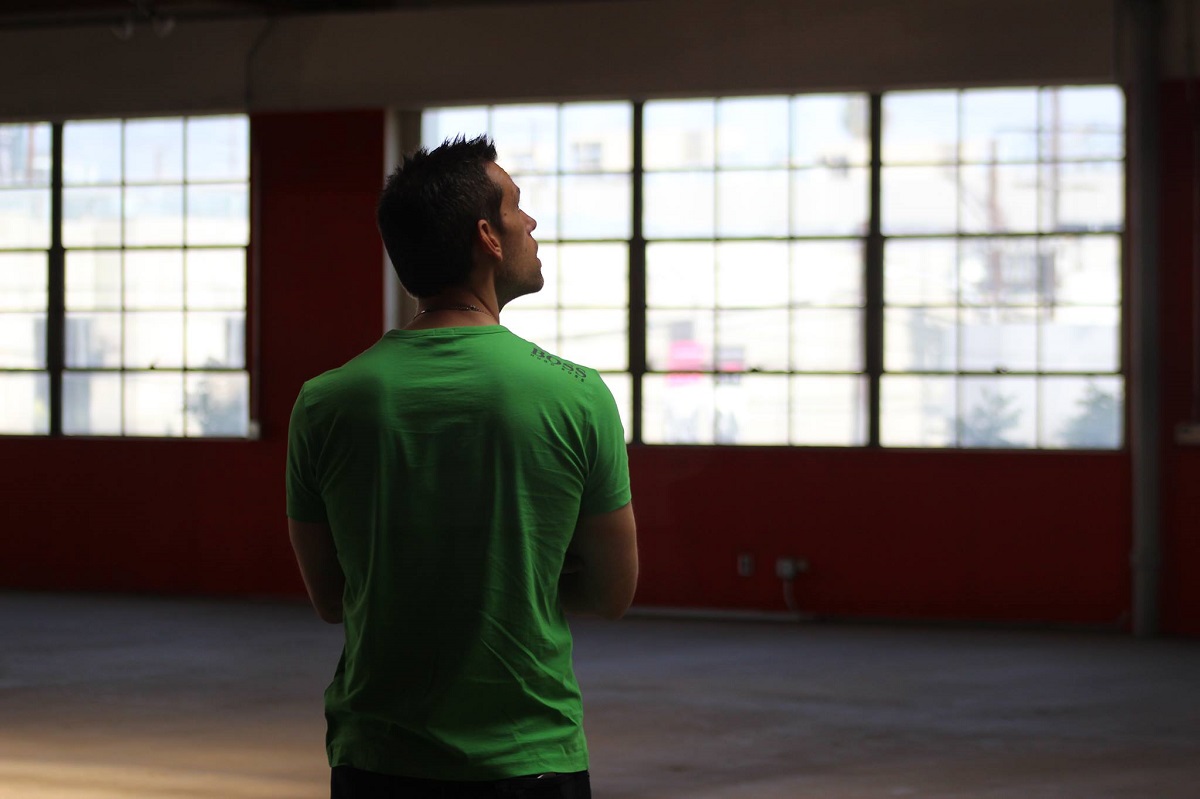
What do you believe played an integral role in the success of this business idea?
If you looked at it like a Venn diagram, because there are three founders – myself and my two partners – and you look at where our areas of passion overlap, it’s in health and nutrition. We knew that was where we wanted to be, protein bar specifically was an underserved market. There wasn’t any single protein bar on the market that we would eat. If you flashback, this was 2009 when we really started conceiving. We launched in 2010, but in 2009, there was something like 1,600 flavors and/or brands of protein bars out in the market and one of the guys that we pitched in the early days to be our distributor said, “I need another protein bar like I need another hole in the head.”
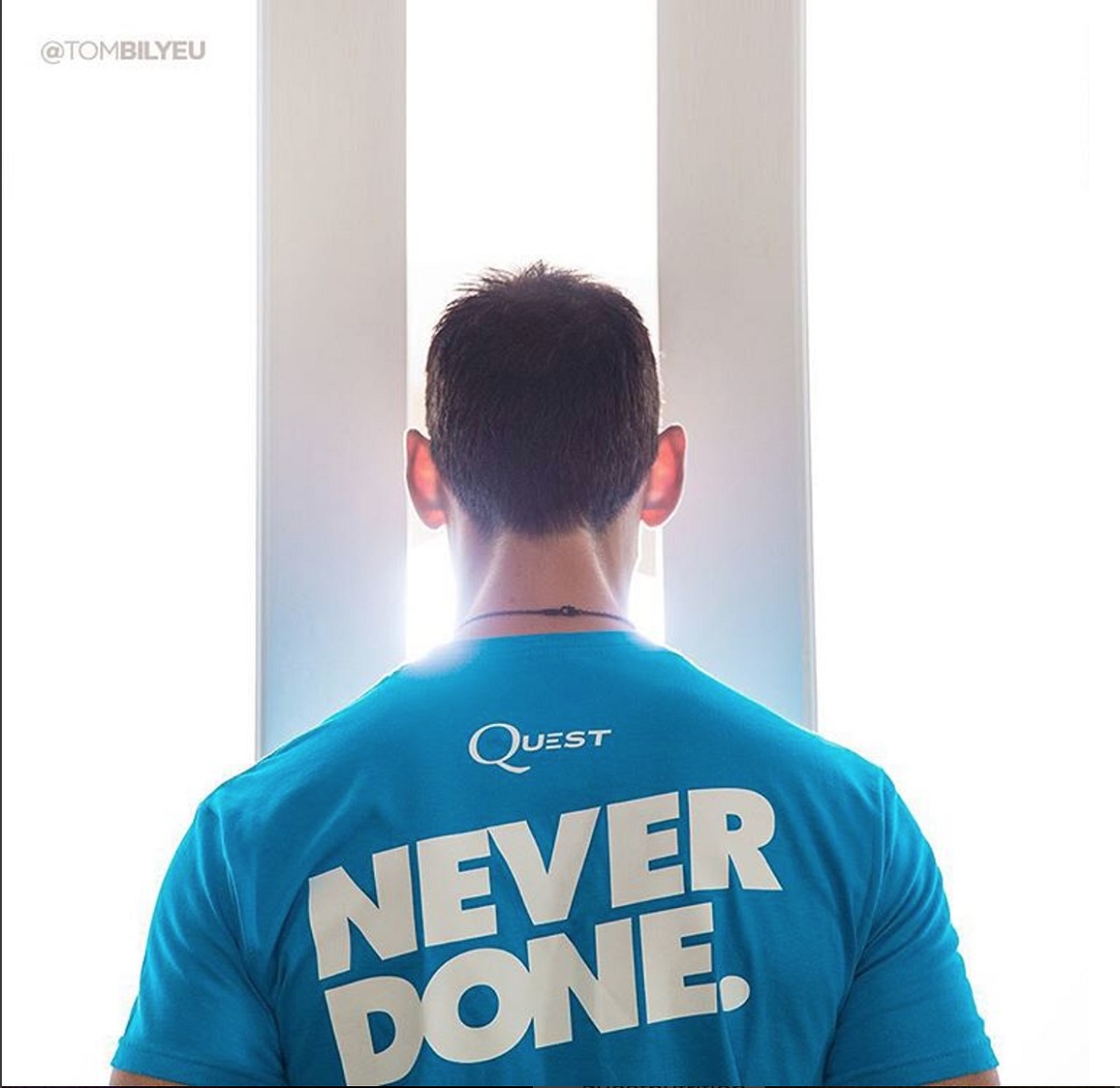
The category had been declining through years and it was just crazy crowded. People were like, “Why on earth would you want to do this?” We said, “Well, despite all the offerings, there’s not a single one that we would eat. So, we know there’s at least a market of three.” That was the joke that we had going into it was, “Well, the three of us want this and it can’t be a bad sign if you’re meeting your own need.” We weren’t worried about making it a big business. We had totally jettisoned the idea of building a company just to sell.
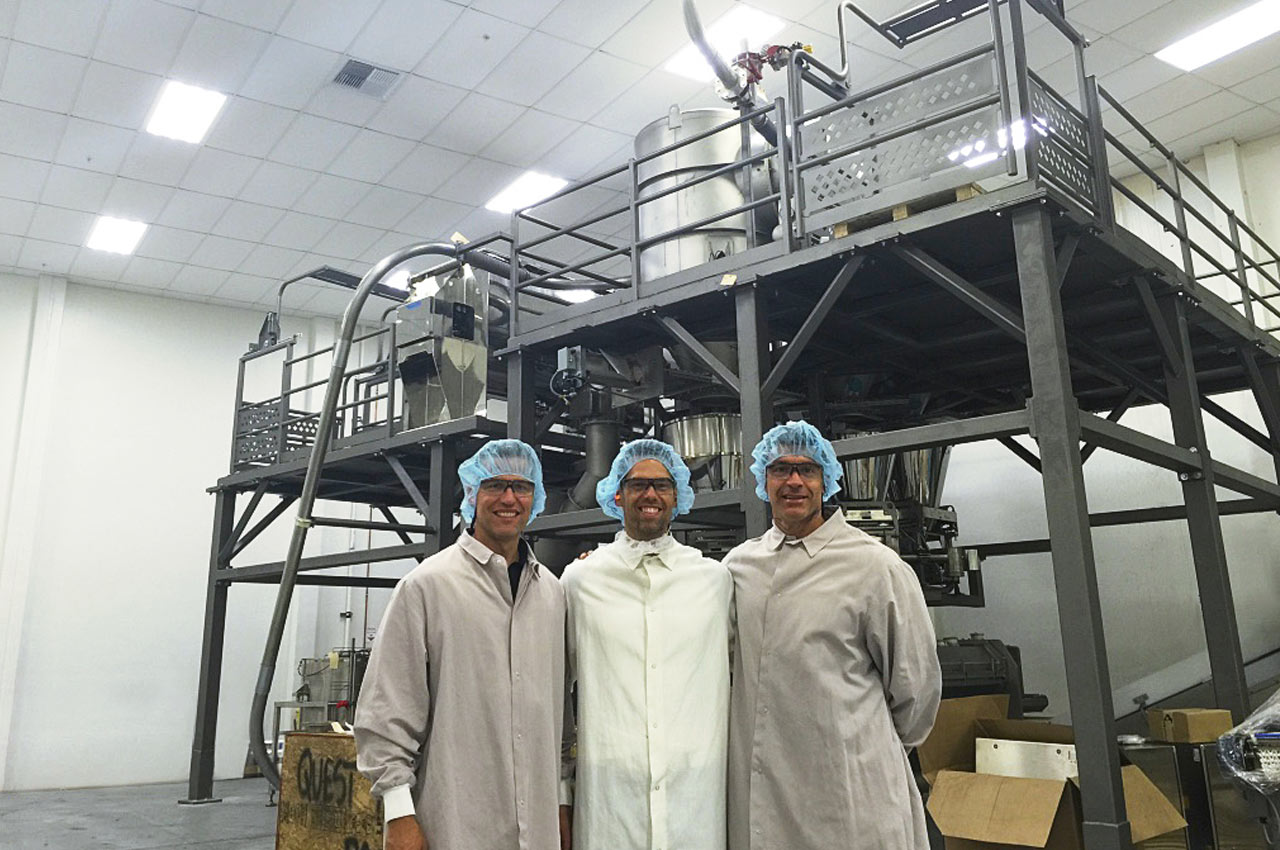
Did you aim for this to become a lifestyle business?
This was going to be something we were going to build to last. While we didn’t call it a lifestyle business because we knew that if the opportunity presented itself, we would grow. Everyday we’re going to step up to the plate. We’re going to swing for the fences. We weren’t trying to make it a small business. We just made a pact with each other that we would prioritize enjoying the process. We would only do that which we loved over making all the money, over the growing, and then the irony is that the more we prioritize passion, connection with the audience, authenticity, all of that, we grew like exponentially faster than any of our other companies had grown. It was very counterintuitive and awesome all at the same time.
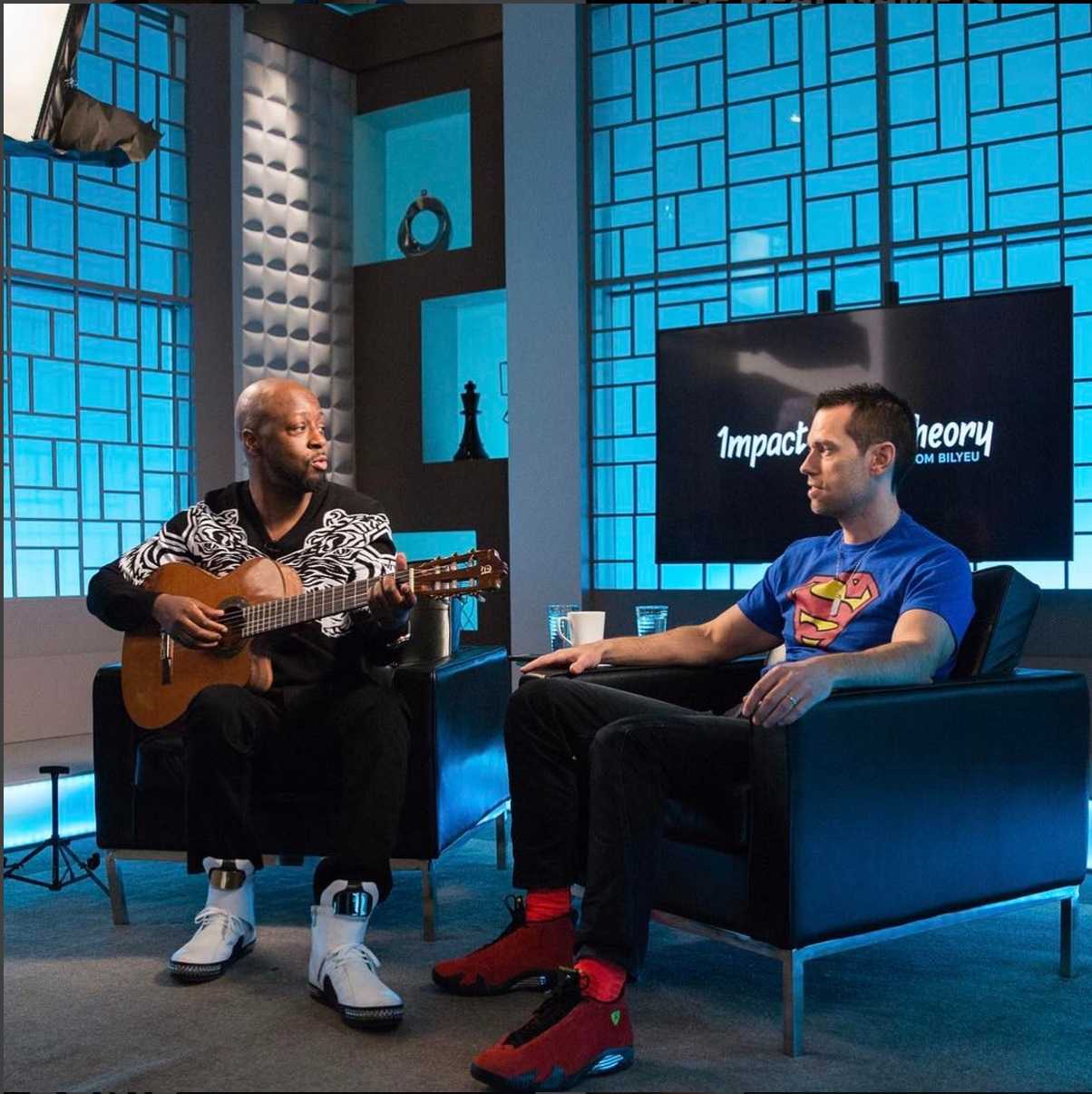
Was there one thing from your past experiences that led to the exponential growth you attained very early on in such a saturated market?
It actually doesn’t come from our previous businesses so much as it comes from a shared obsession with psychology. My background is filmmaking, which might be a weird start for an entrepreneur (more so in any other generation in history). I think is incredibly beneficial to understanding marketing and the blending of content creation and brands has really hit just an exciting place. That was the thing that really allowed us to grow. We took a totally different approach to our marketing. It was entirely influencer based.
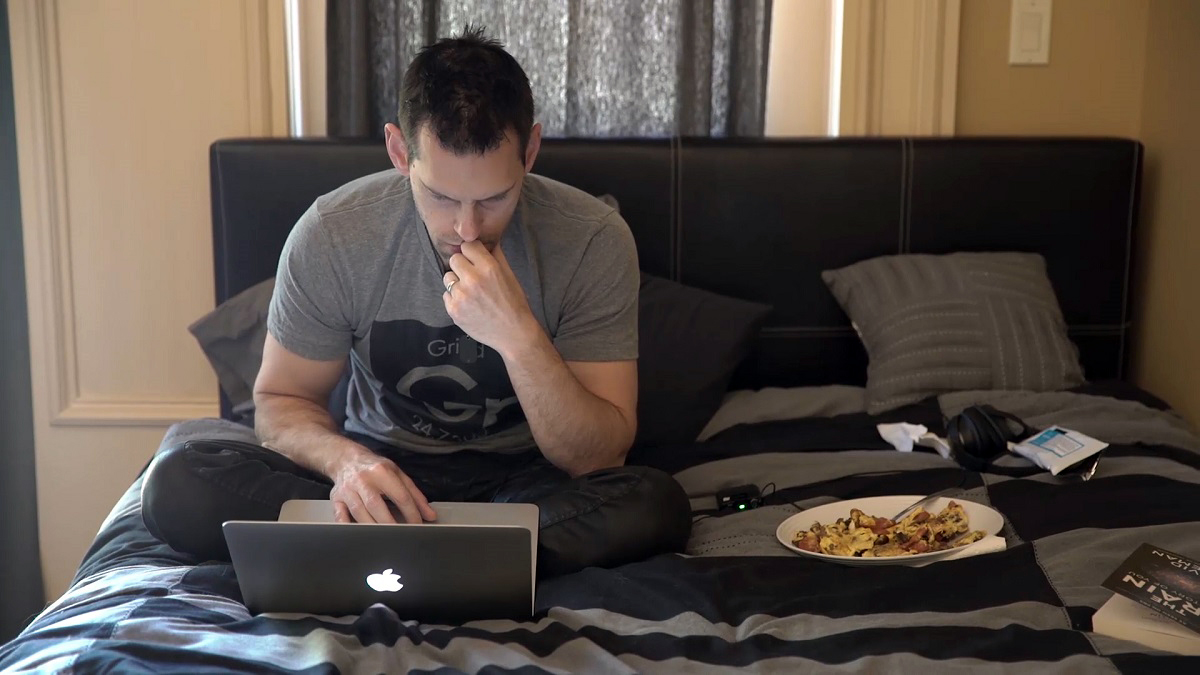
It was built around connection. It was built around social media and we used content creation that in and of itself was meant to be valuable. It wasn’t meant to be about the brand. We had to believe that if you deliver content that’s actually just good content, it doesn’t matter whether the person uses, likes, or even knows about your product – it’s just good content. That’s going to come back to you because one of the most interesting things about generating contents, we generate what we consider transformational content. It’s meant to be content that will actually impact your life.
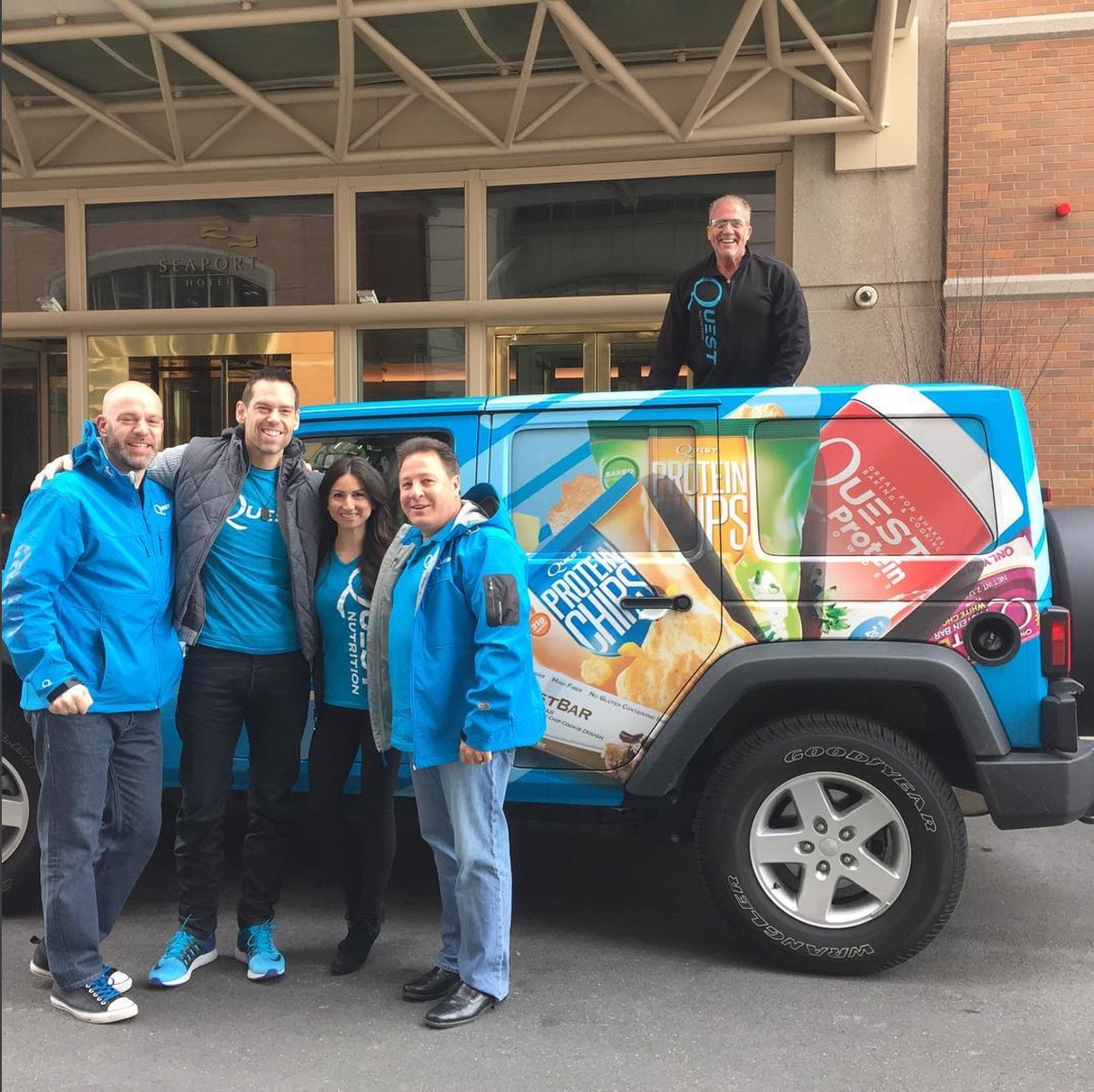
Did you experience any major obstacles in the beginning stages?
The thing that really caught us off guard was that no one would make the bar that we wanted to make. Our commitment was that we were going to only make products that are metabolically real, meaning that if you eat this product, it’s actually going to be good for you. What we mean by good for you is that I can measure it in your blood. For people that take the time to measure their blood, every answer that you want about your health is present. You just have to have the willingness to go and check it.
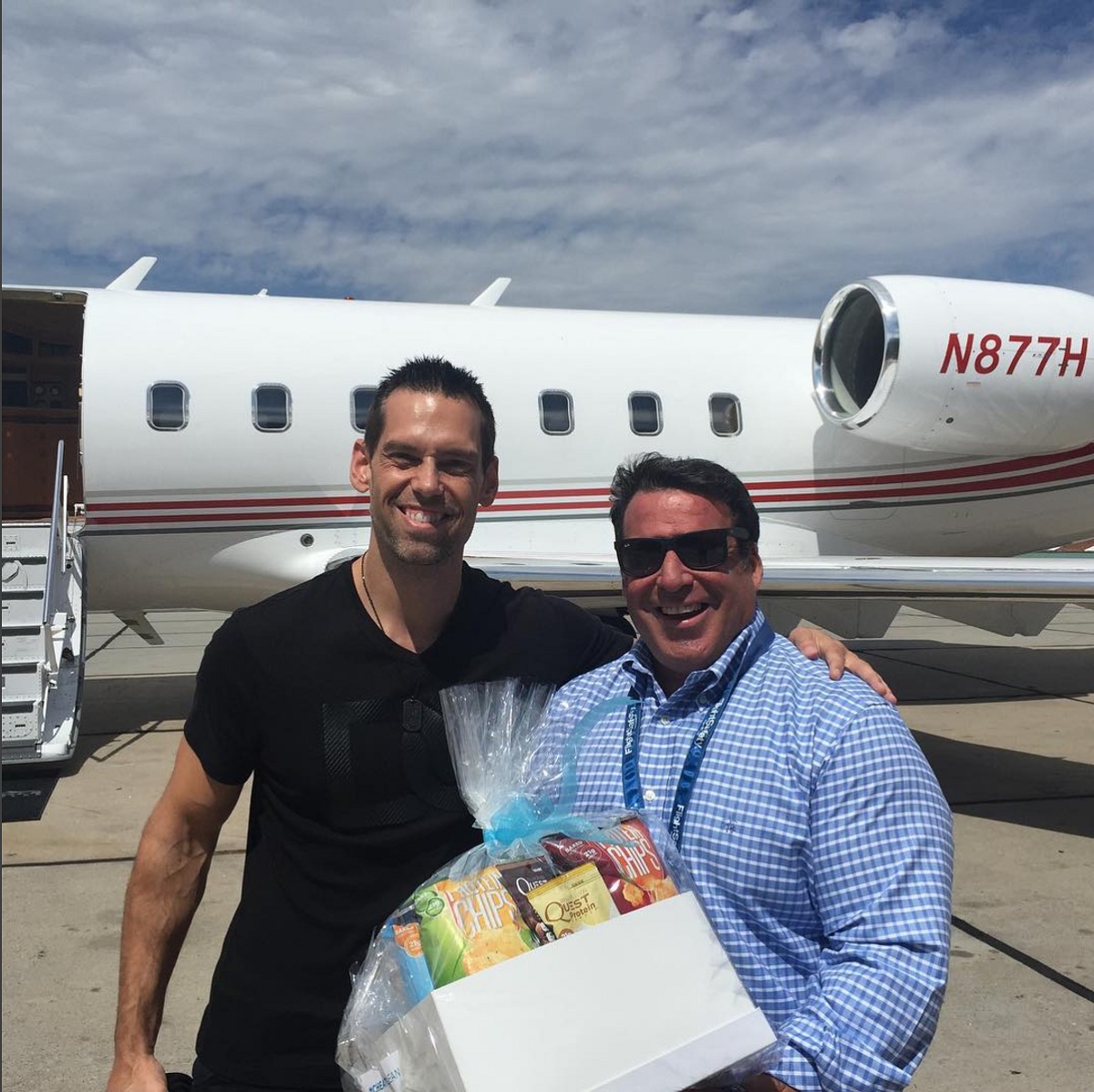
We’re a company that’s absolutely obsessed internally about checking our own blood and how are the things that we eat impacting that. We knew that we could formulate something that was metabolically real. The question was, could you make it shelf stable? Could you distribute it through the traditional distribution channels and the thing that we didn’t see coming, can you manufacture it on the equipment that already exists? The answer to that question was no. When we went to all the contract manufacturers who we expected to make the product for us and then we were just going to be essentially a marketing company.
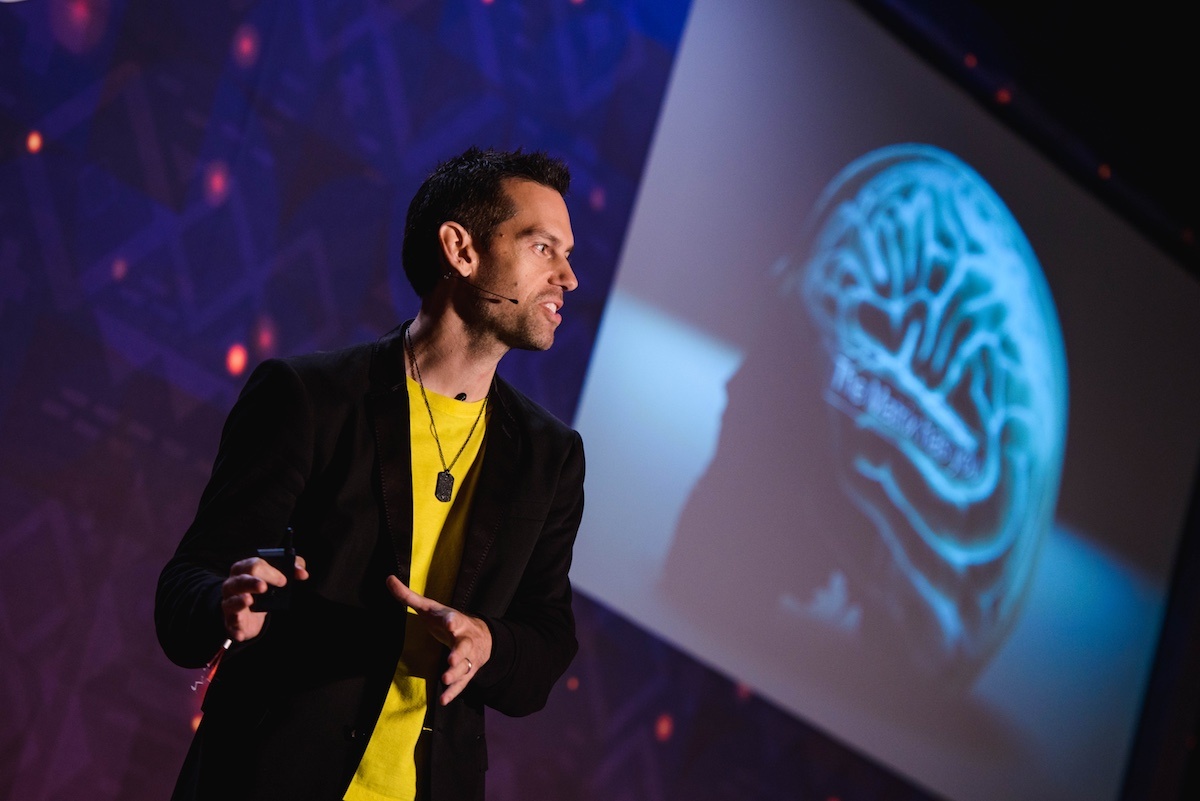
It didn’t work and they all refused and said, “You’re going to have to put liquid sugar in this if you want to produce it on the equipment that’s commercially available.” We thought, “Oh man, like, I get it but if we do that, we’d be compromising what this company is meant to stand for – which is our mission is to end metabolic disease. I can’t do that if I’m adding sugar to my products.” We had to become a manufacturer. We had to go and invest all of our life savings into buying equipment and then really rolling the dice on whether or not the company was going to work. That was a huge surprise.
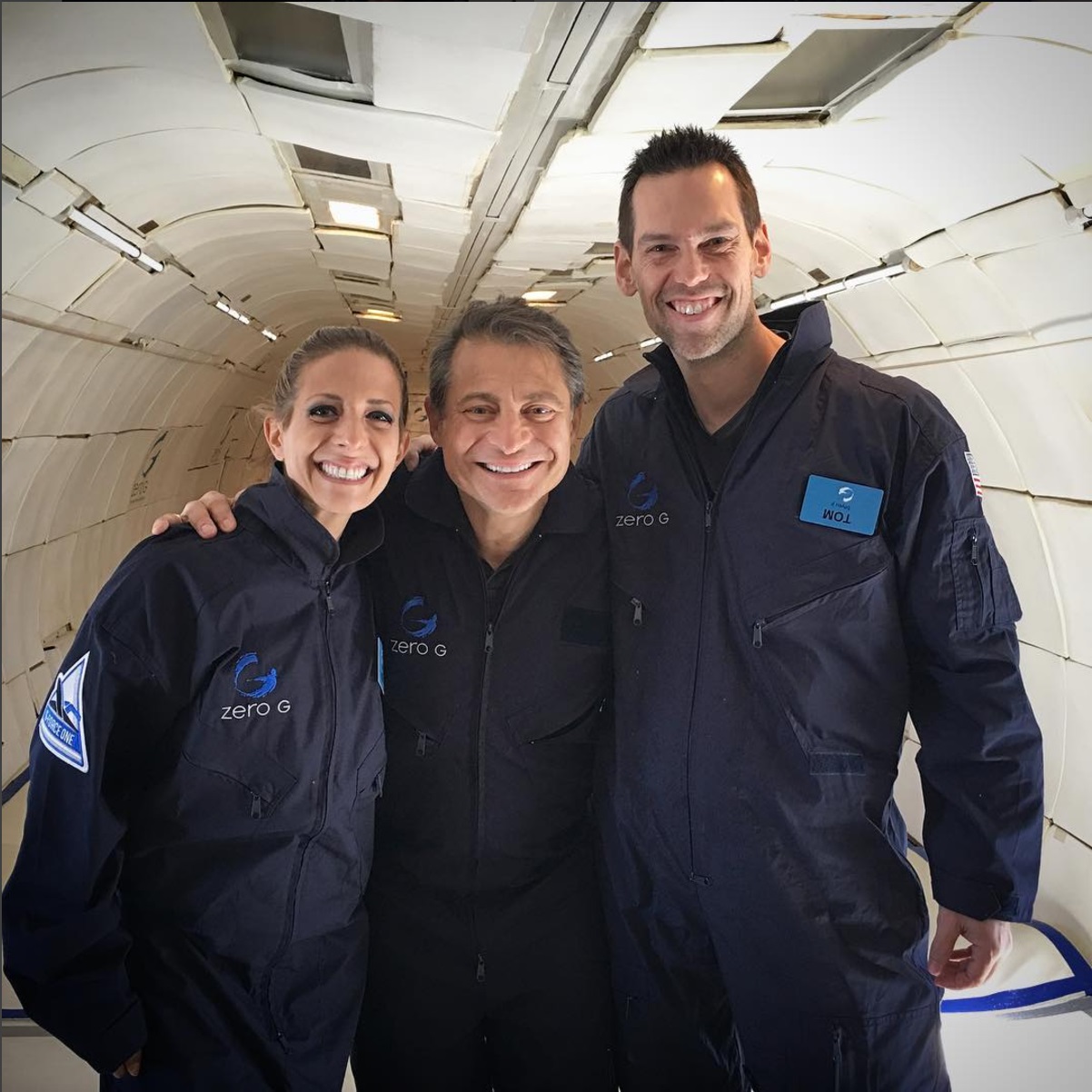
“Our fundamental belief is that the reason I’m failing is because I am lacking a skill. If I go out and get that skill and then deploy that skill in service of the business, then I should be able to get a new and better result, and so that has just been a constant thing for us and has worked incredibly well.”
– Tom Bilyeu
When you thought about growing to the scale you guys grew to and how quickly you accomplished it, was there anything you wish you had known to prepare for this?
Agility became our calling card and always in our business is the three of us have price speed. We just price speed. We walk fast, right? Fun, hunger for efficiency and speed became baked into our culture. We just reinforced it in each other. When we found ourselves manufacturing, that was right behind food safety, personal safety was speed.
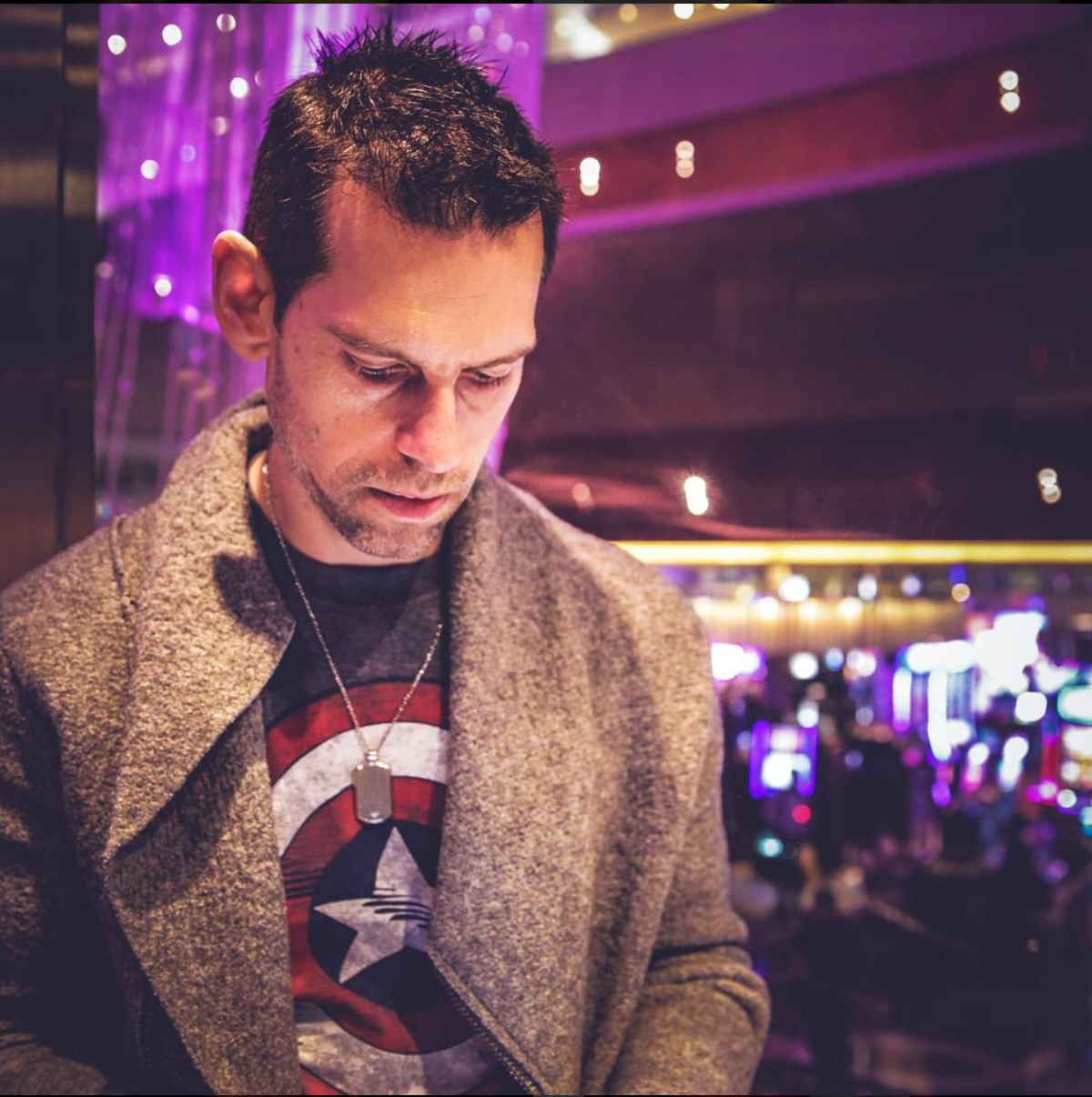
Never do anything faster than it can be done safely for the employee and the consumer, but let those be the only limitation. If you think of safety as the speed of light that can’t be, you can’t go faster than that, but you should be able to get right up to that. We just reinforced that, reinforced that in the culture and then got really good at the almost guessing game of knowing how to figure out the numbers. We would go like this. Let’s say in January. We would be selling let’s say $1 million a month but I knew when I ordered this protein powder that might take two months to get that I’m growing so rapidly that by the time that order of protein powder hits, if I have only ordered for what I need in January, I’m going to be way off.
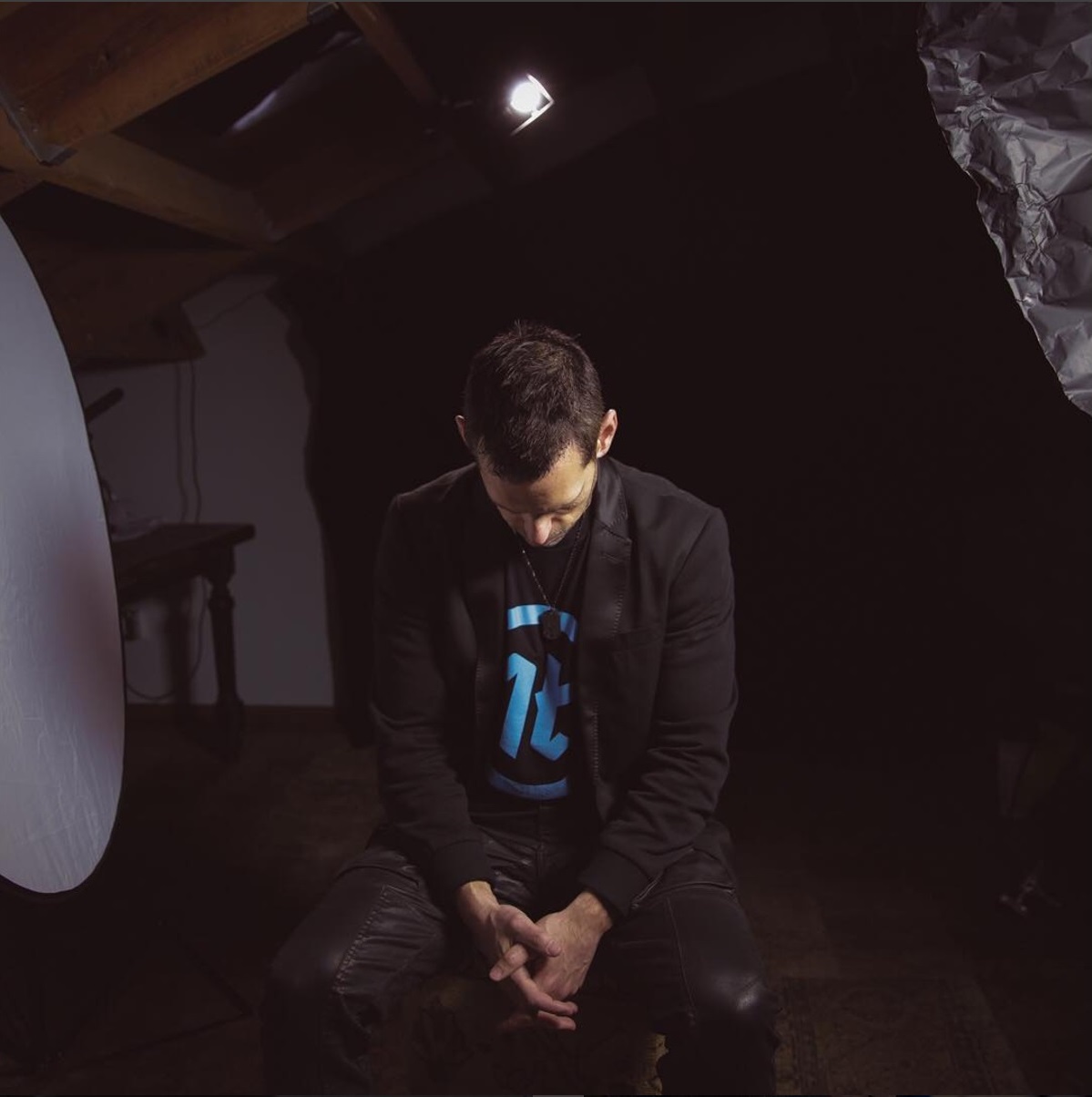
What obstacles did you come across while scaling your business?
Scaling the culture is probably the thing that has been the most difficult, the human capital, the thing that can’t be reduced to mathematics because what works when you’re small doesn’t work when you’re midsize. What works when you’re midsize doesn’t work when you’re large. In the beginning, which was so much fun, it was a total call to personality. You’re there every day. I literally worked the line. I wore a hairnet, I had a lab coat. I had my gloves and I made protein bars all day. That’s what I did and that was really easy to motivate and inspire the staff when they see I always take the hardest job.

Now, we have to bring in other people to come and do that but they are professional managers and they don’t necessarily have the same ethos that we had at Quest. Now, you’re spending the time trying to teach them that ethos and in the meantime, you’re creating a more traditional manufacturing dynamic which begins to slow down, which begins to have layers of bureaucracy and doesn’t feel as entrepreneurial as it did in the beginning. Now, you have to start to redefine those processes because for us, it was so important that Quest be the best thing that ever happened to any of the employees, that they feel good, committed, that they understand it’s about a long-term relationship, that they feel like we’re investing in them both financially and emotionally to make sure that they love their job.
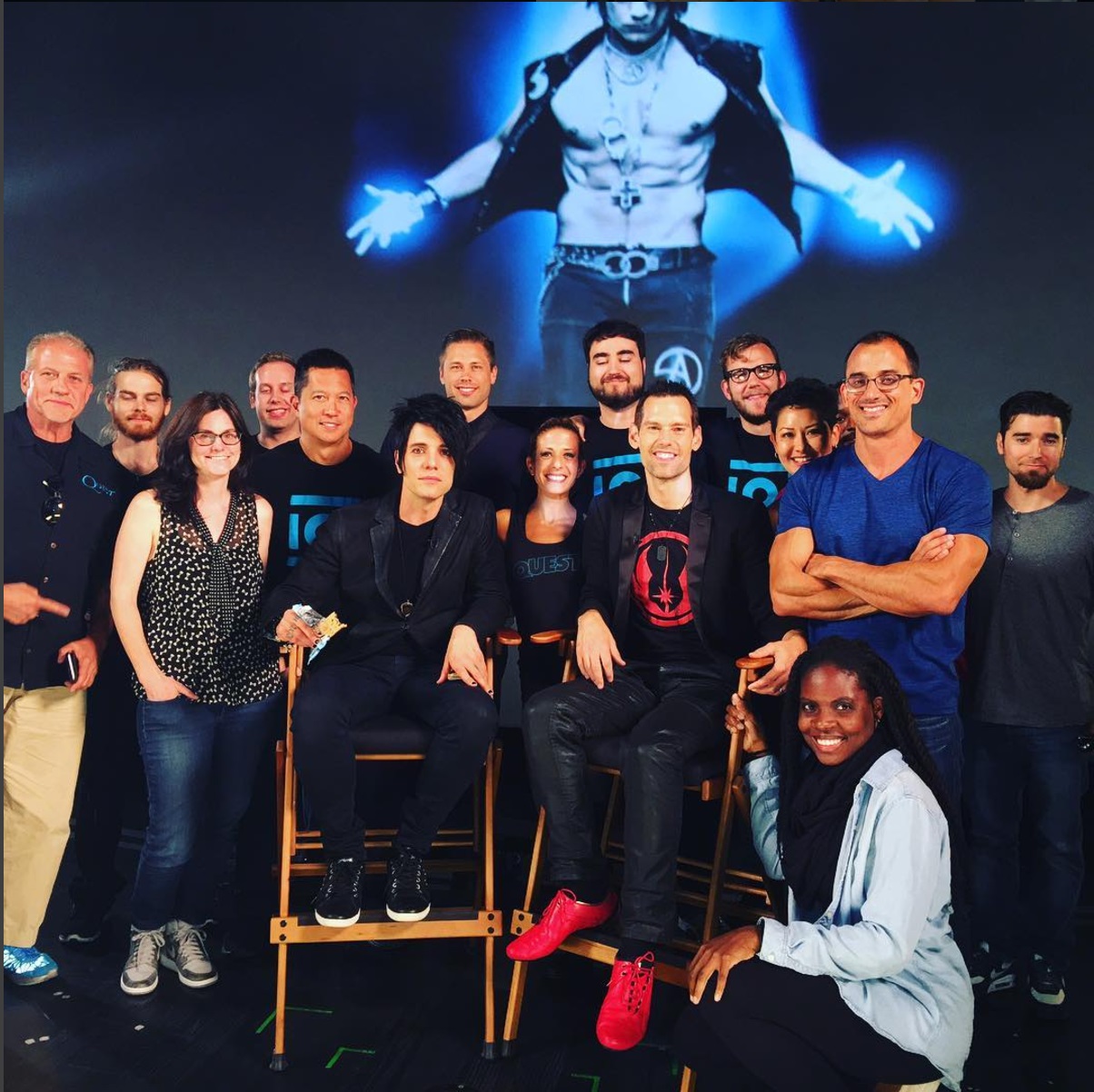
We were looking at if they were failing in XYZ, it could have been manufacturing, it could have been culture building, whatever, and rather than seeing myself as solidified in this moment, we always viewed ourselves as completely malleable. I’m failing. Our fundamental belief is that the reason I’m failing is because I am lacking a skill. If I go out and get that skill and then deploy that skill in service of the business, then I should be able to get a new and better result, and so that has just been a constant thing for us and has worked incredibly well.
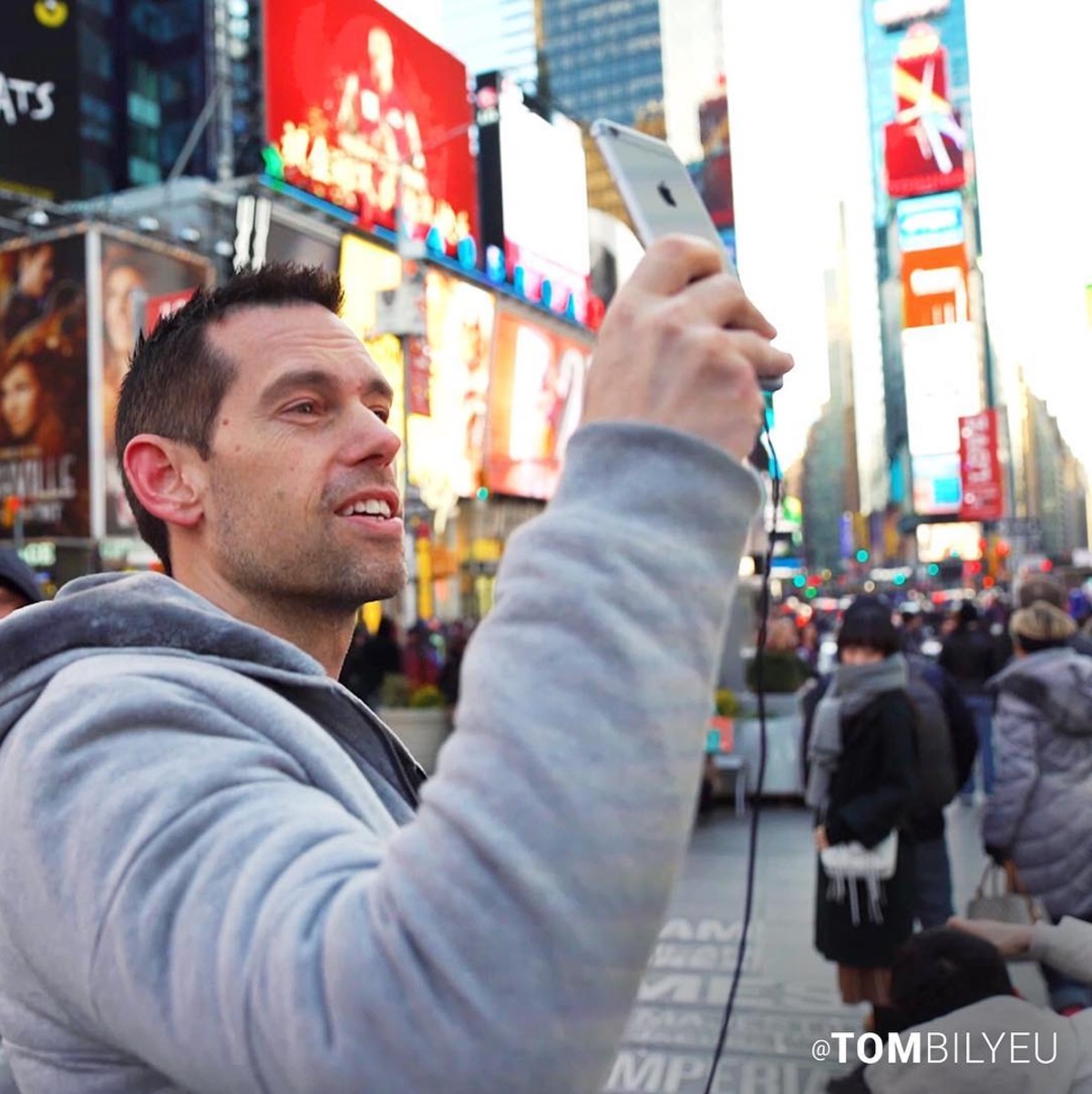
It is difficult to watch something you’re passionate about get infused with so much bureaucracy from outsiders. When you look at your employee structure, was there something specific about how you hired people that corrected that?
Yes, and this is definitely an ongoing process and really learning what to look for and understanding as you get bigger, your company is a collection of policies. You have to be so careful about what you write down. We’ve been adapting recently some really innovative strategies that I think are amazing and they are all designed to be able to demonstrate through your employee handbook that you’re a people first organization. Things like we have an unlimited vacation policy which we rolled out recently. We’re experimenting with what Google calls their 20% time, we call Passion Fridays.
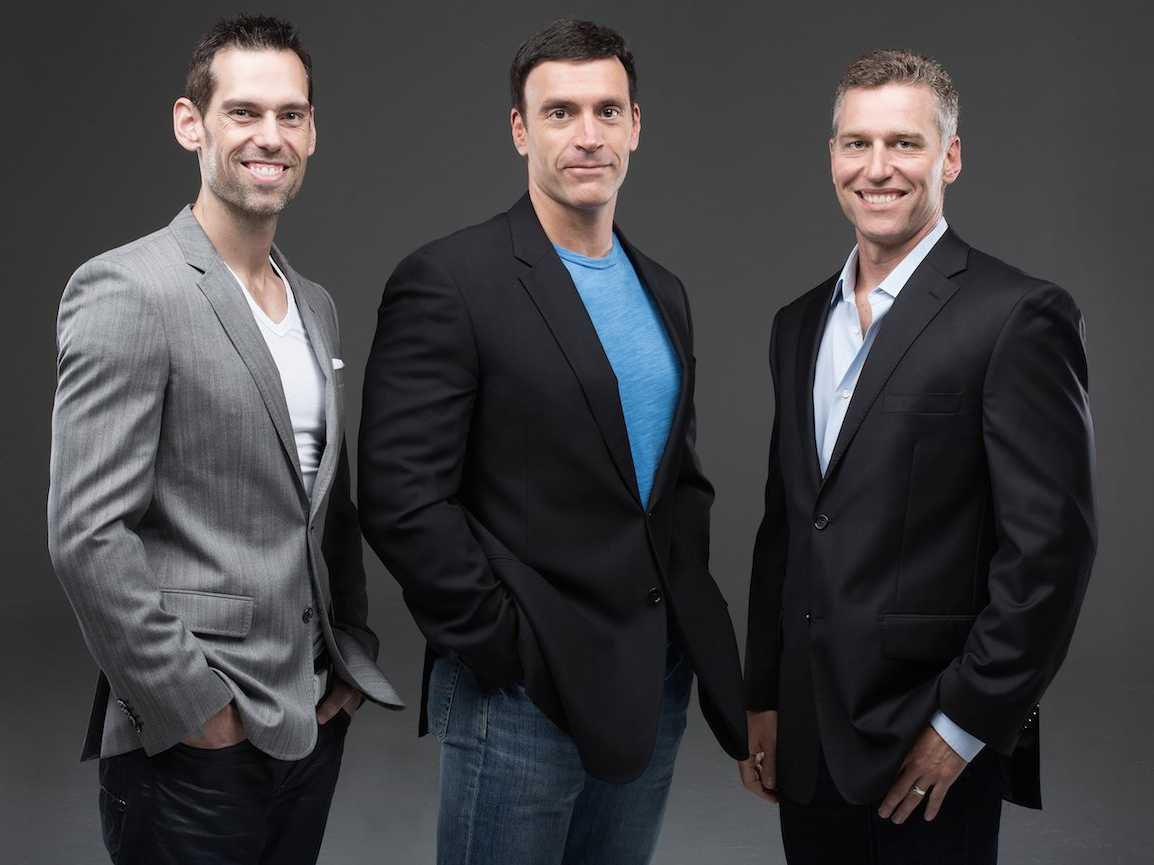
Just trying some really interesting things designed to maximally engage the employees psychologically, emotionally to make sure that they have a way to express themselves creatively here within the company no matter what their role is, whether they are in accounting, whether they are in R&D, whether they are actually in art. There is still a way to find a creative expression to do your job in a way that’s uniquely you, to feel like an adult and that you control your own time. I’m not counting the days that you take a vacation.
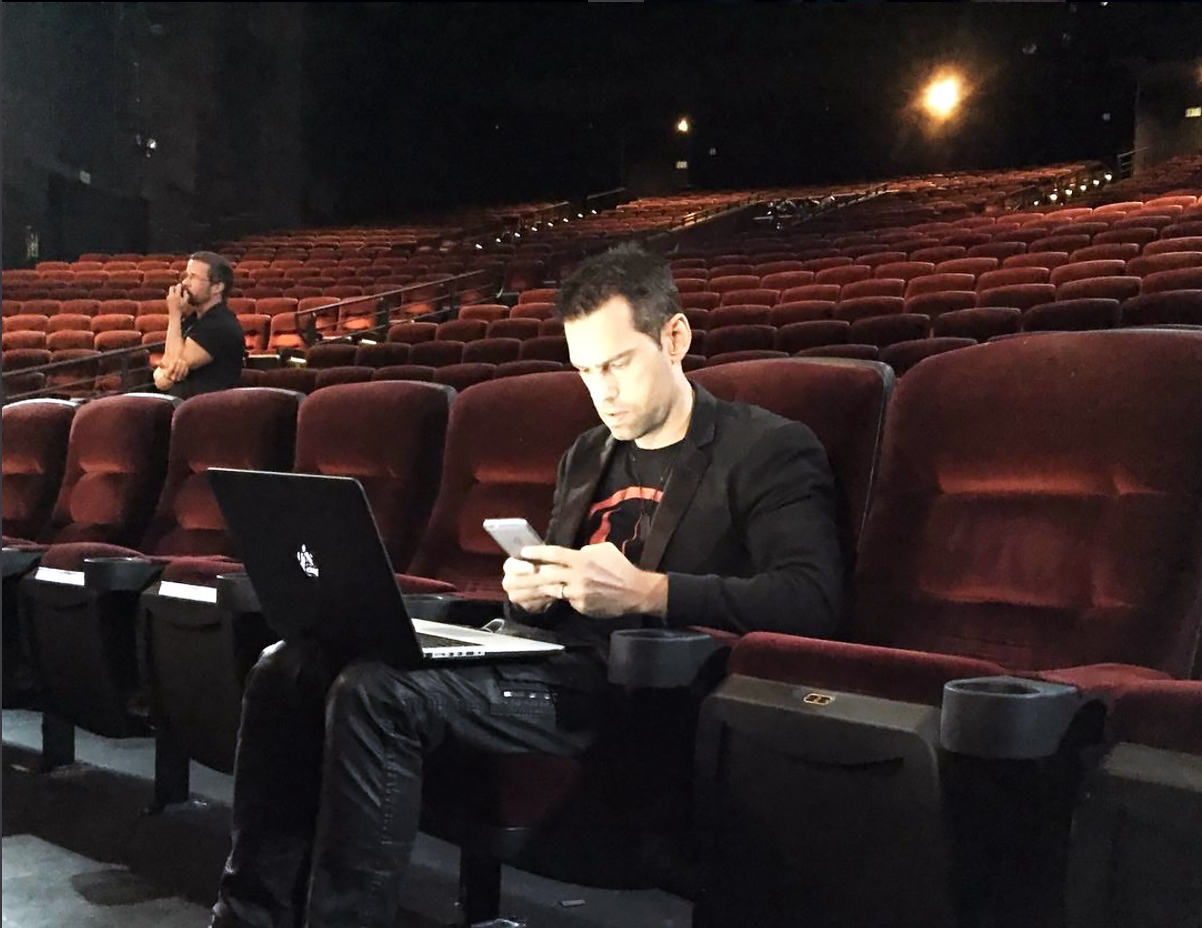
If you want to go away for weeks on end, do it. If you need more time because an amazing opportunity comes up, do it. One of the reasons that this came to be was a very talented editor here. His name is Prosper, a great, great guy, and he had this amazing opportunity – once in a lifetime opportunity – to go with his family to Africa. He ended up not going because, according to our vacation policy at the time, he didn’t have the days. When I heard about that, I was so heartbroken that he missed the trip and that I was the reason he missed the trip.
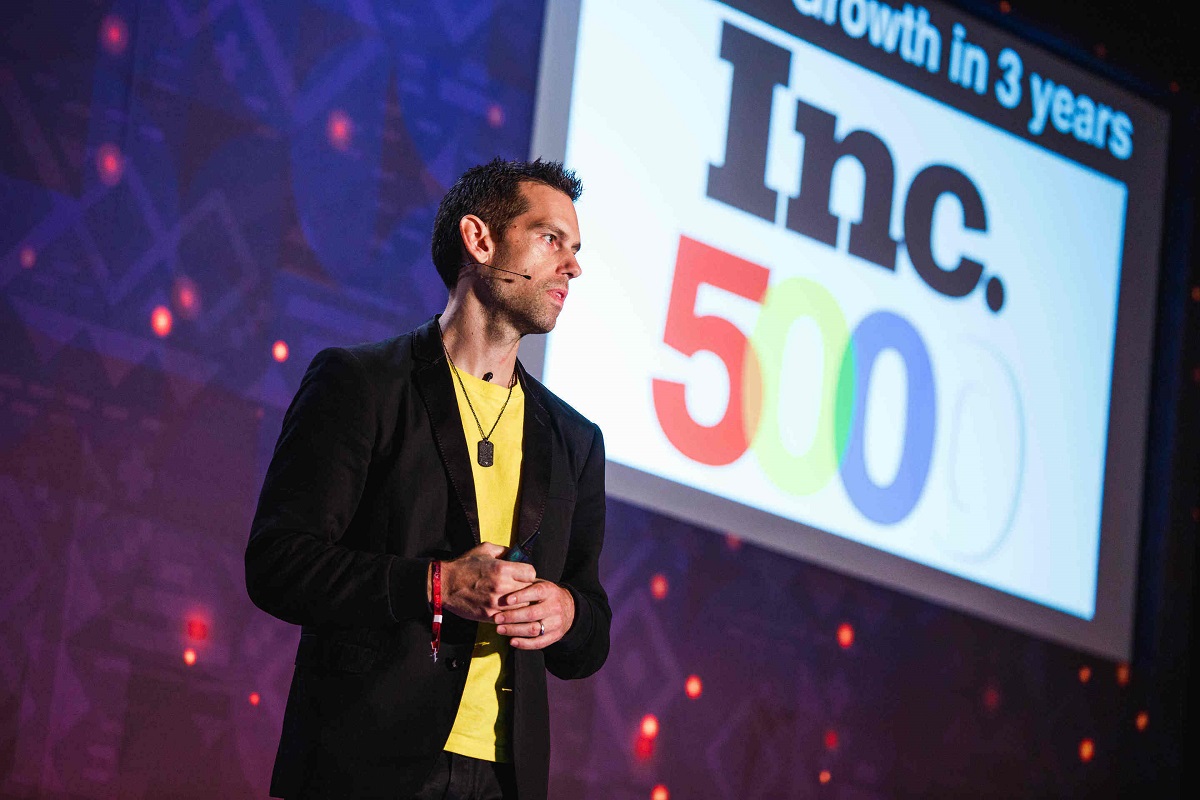
Then, we all just said, “Something has to change.” I heard about what Metrics is doing, what Virgin is doing, and thought, “That’s very Quest.” Let’s roll that out. From the time I heard about unlimited vacation policies, which I ended up bringing, I read it in detail in a book called “Under New Management” by David Burkus. A very exceptional guy who came on inside Quest and we had a chance to talk about this book. From the time I read his book to the time that we had implemented the policy, was less than three weeks.
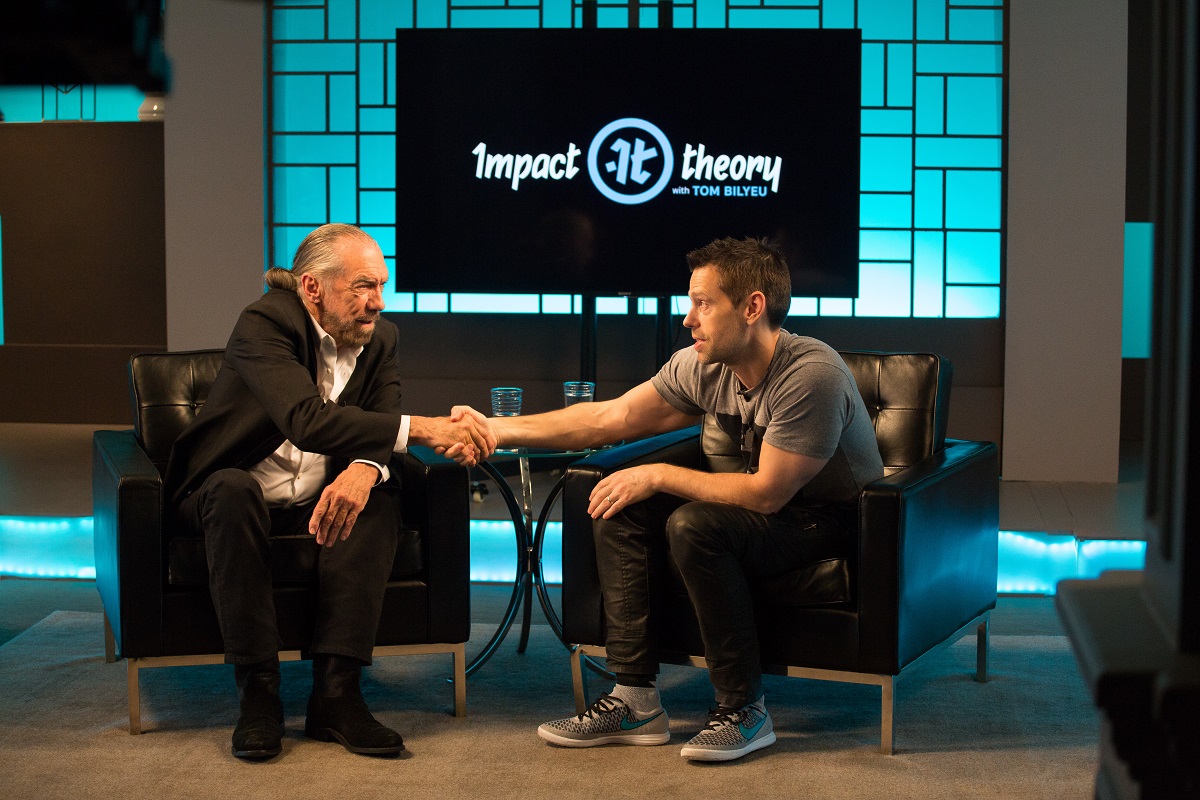
It was great to see the organization rally around, experimenting with something so big and to try it, all because everyone here believes the employee comes first and that’s the only way that you’re going to have long term relationships and really build what we want to build.
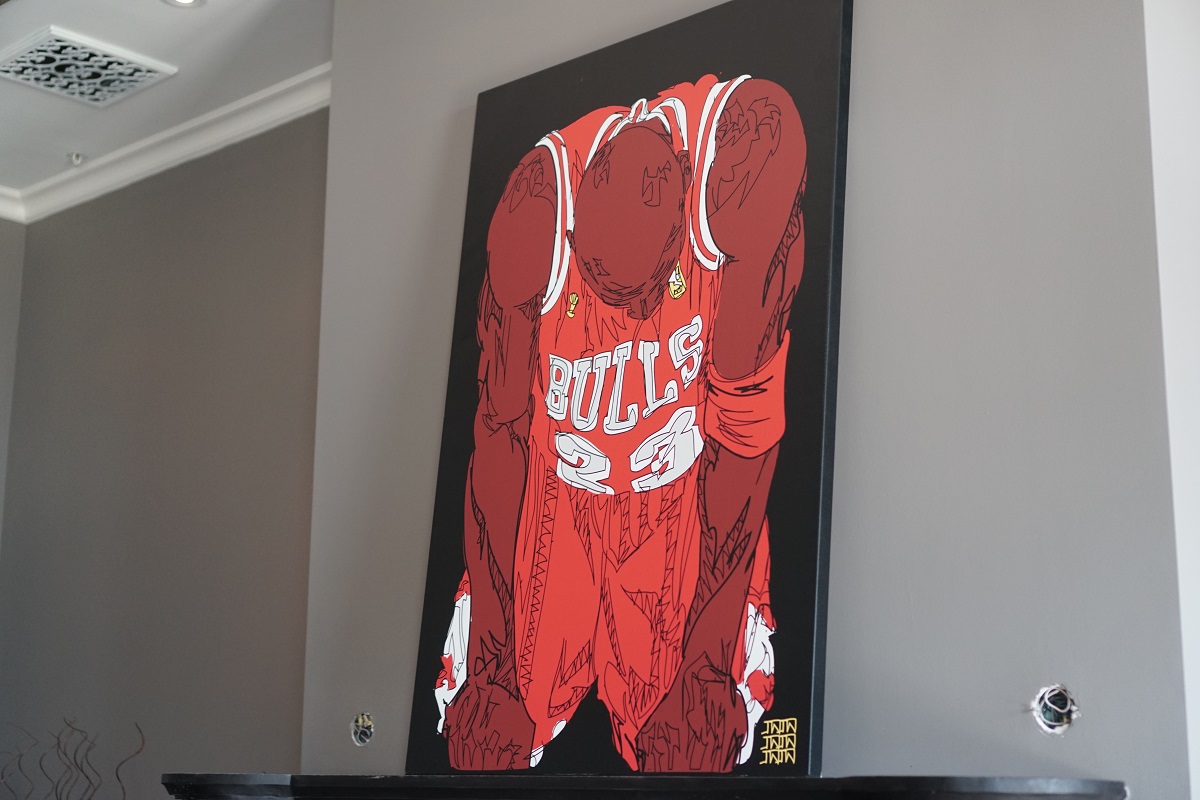
What are some criteria of who you look for to bring on to your team?
There’s exactly three. The one thing we don’t look for is if somebody is looking to relax, we are not their company. This is a company founded by three guys who compete to see who can be the fastest. This is not where you come to chill and hang out. This is where you come to really see how much you can accomplish with your life. It goes like this. There are three things that we look for in any employee. The first is grand ambition. The reason we’re looking for grand ambition, if you don’t have some huge dreams, some ridiculously big dream, then we’re going to seem crazy to you because our goal is to end metabolic disease globally. For anybody that doesn’t think that sounds crazy, then they don’t understand what we’re saying.
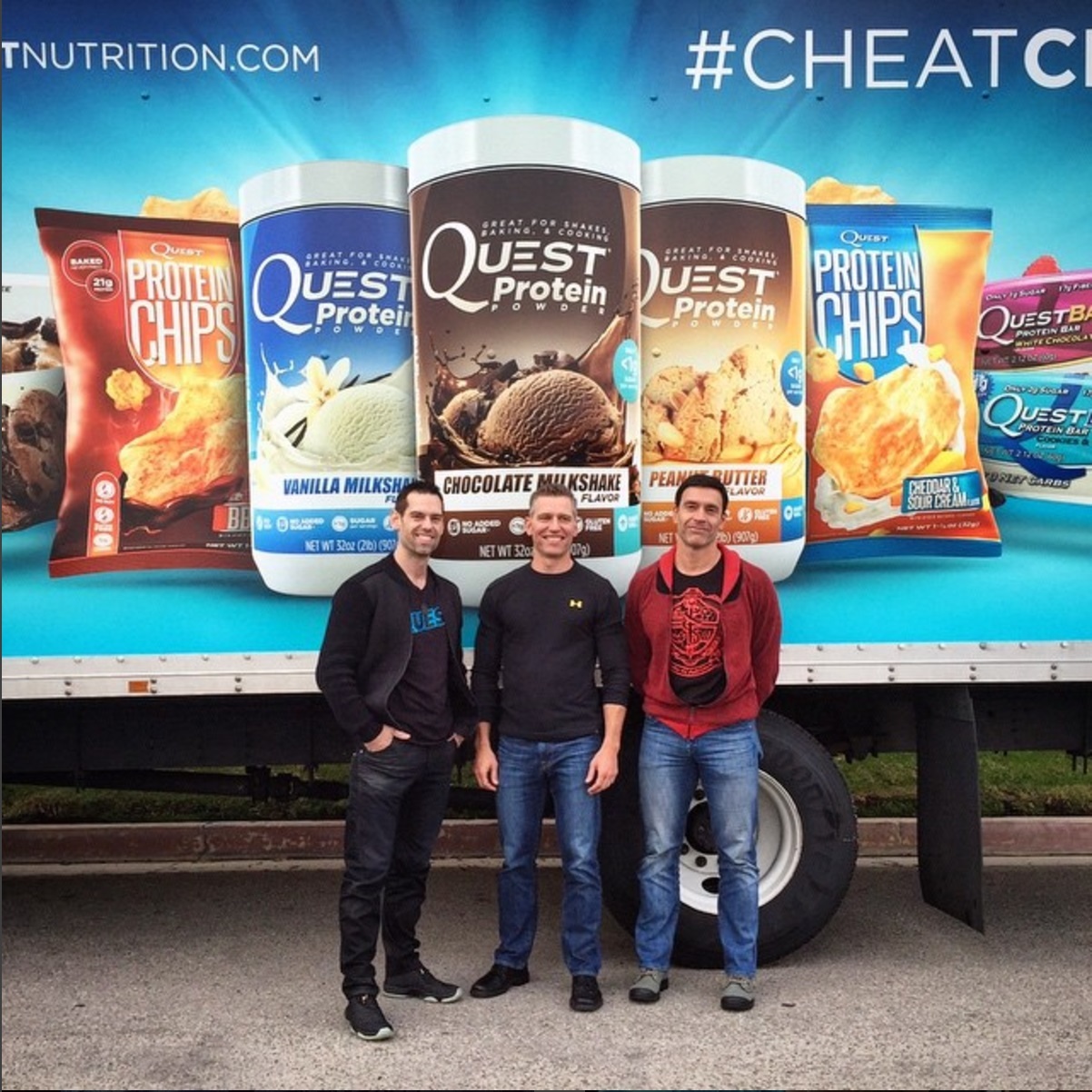
The next thing is drive. To me, drive is the willingness to acquire the skills that you’re going to need to make your grand ambition come true because I am not interested in empty dreamers. A lot of people have a dream. I think everybody has a dream, but very few people are willing to actually grow as a person, acquire new skills so that they can execute on that dream. Execution is the only thing that matters to me. Those two are absolutely critical, but you find those two in a certain type of person with a fair degree of frequency, but it also comes with a high degree of competitiveness.

While a competitive spirit is important, I find that a way more interesting third quality is compassion. If somebody has grand ambition and they have drive, I’ll just assume that they are competitive and that if they are going to push forward. They are going to try to make it happen. That’s what drive is all about, but if they lack compassion, your team is going to fight from within and since there are enough competitors trying to take us down, trying to knock us off, that want to eat our lunch, if we also fight internally, like, we’re done.
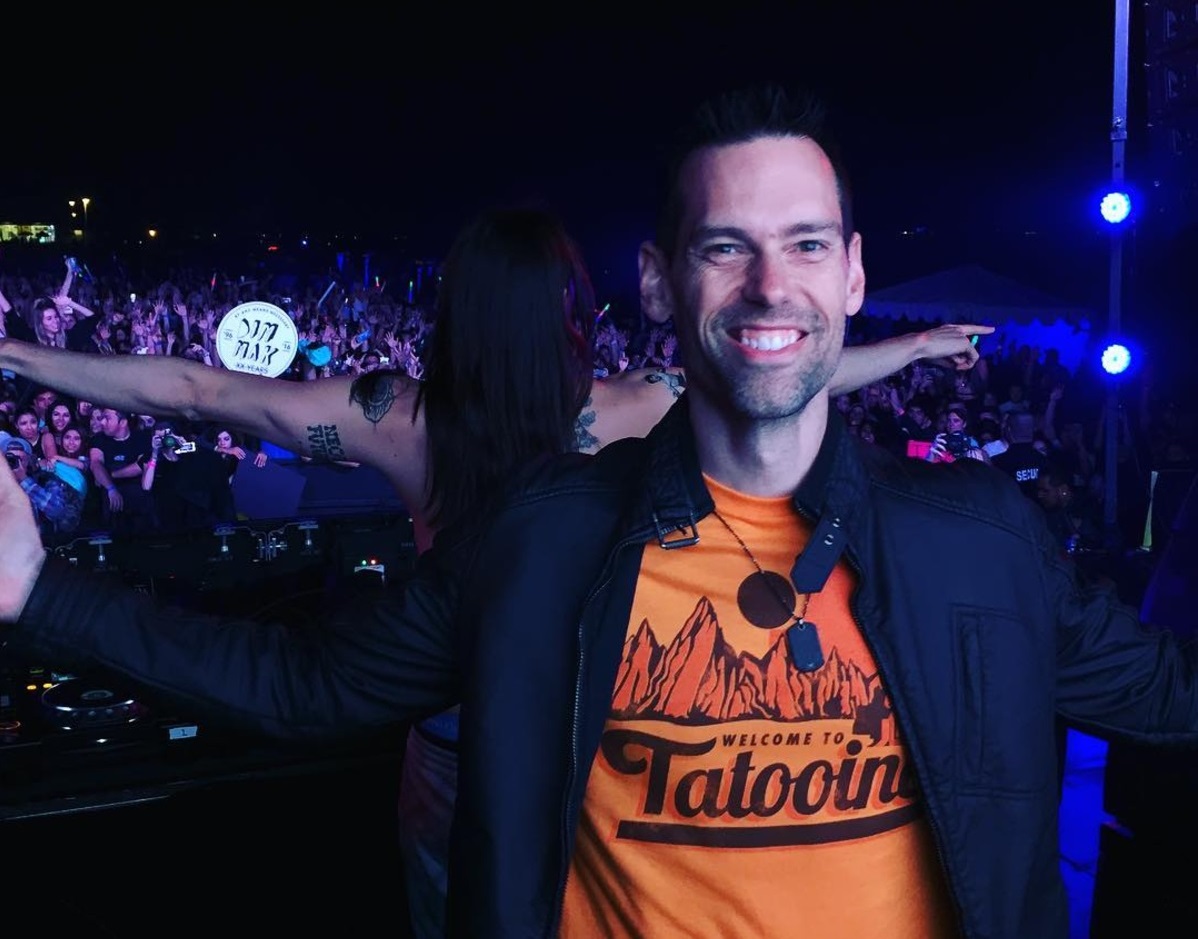
One of the most beautiful things I find in any human relationship is when one person actually wants something good for their teammate. They can legitimately get excited when their teammate is shining and when their teammate is winning and wants to celebrate that and say, “Man, look at what Sally did. That’s so amazing. I’m blown away by what she did.” Actually take on the burden of celebrating that for people is just wicked cool and it’s so fun to be around that. Look, it’s equally fun when it’s your turn to be celebrated, but when you can’t celebrate somebody else, like you just create this either narcissistic or certainly dog eat dog culture which is not interesting to me. Those are three.
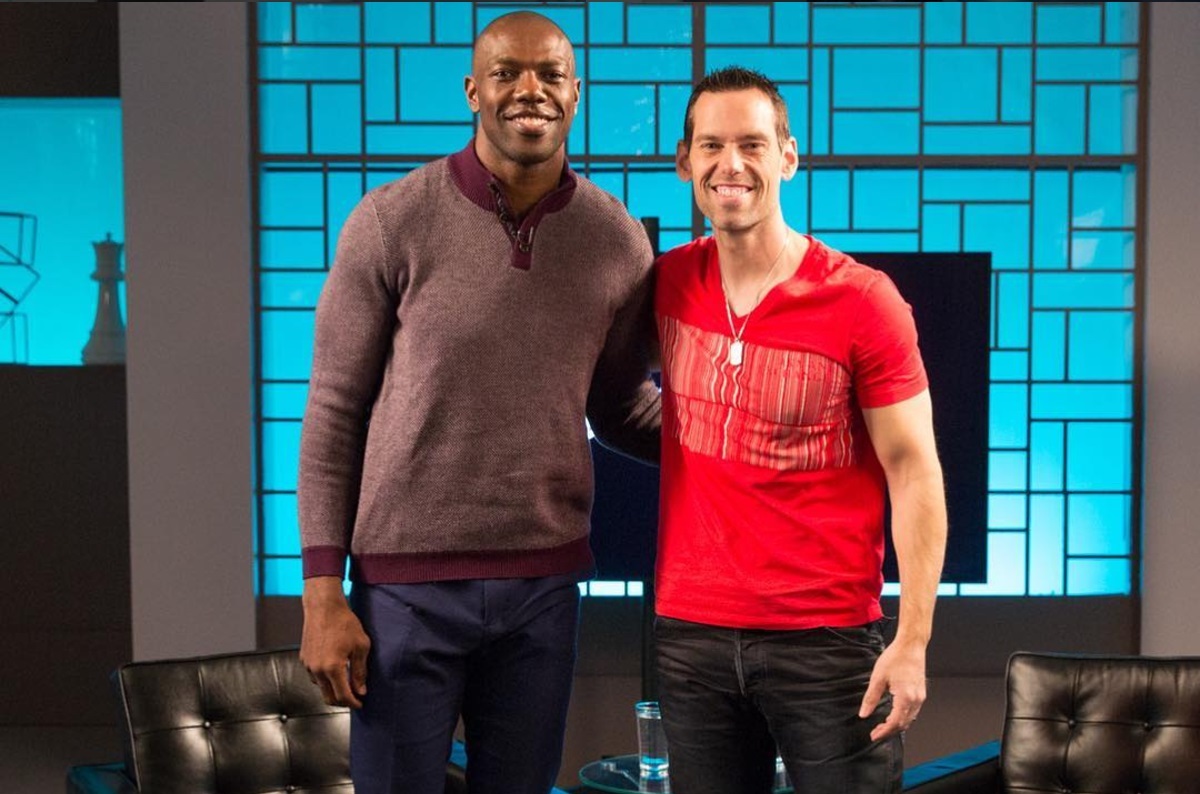
What made a difference in consumer response to your company during the early days?
We’ve always tried to have value in our marketing, so in the beginning days, the first rule of Quest marketing is the first rule of fight club – you don’t talk about fight club. In all of our marketing, we never talked about the product, ever, and over time, we began to realize that the content that actually performed the best that the consumers were sending back to us and what they were creating was all product focused. We realized, okay, we have the right idea, which is not to try to move units in the marketing, but the end consumer is actually having a relationship with the product.
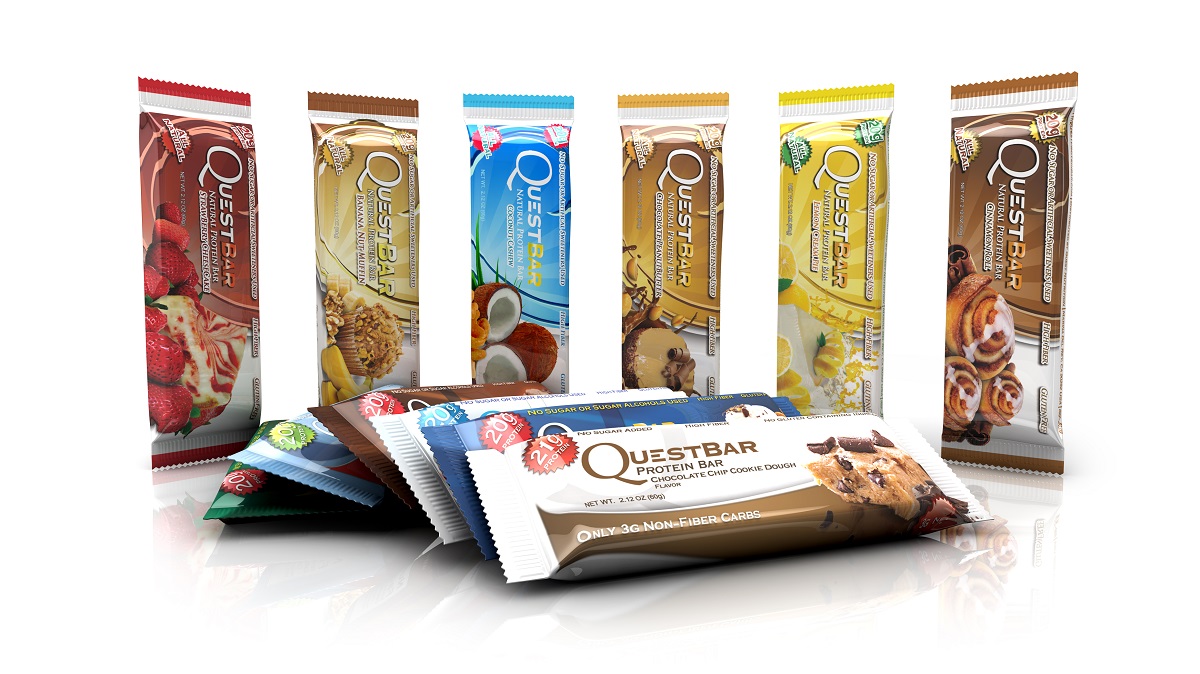
Let’s find fun ways to celebrate that and so we went to this whole era of just entirely product based but fun marketing, so creating crazy recipes, using our products, and really doing some fun stuff, that’s really, really cutting edge stuff. Then as we were going to that phase, I’m looking at it and I’m talking to our team here, and we all just start to get this feeling that we’re not capturing the spirit of the people who make up the brand, and what is it that we do? What is it that drives us, excites us? What is it that we think would be a value add to the rest of the world?
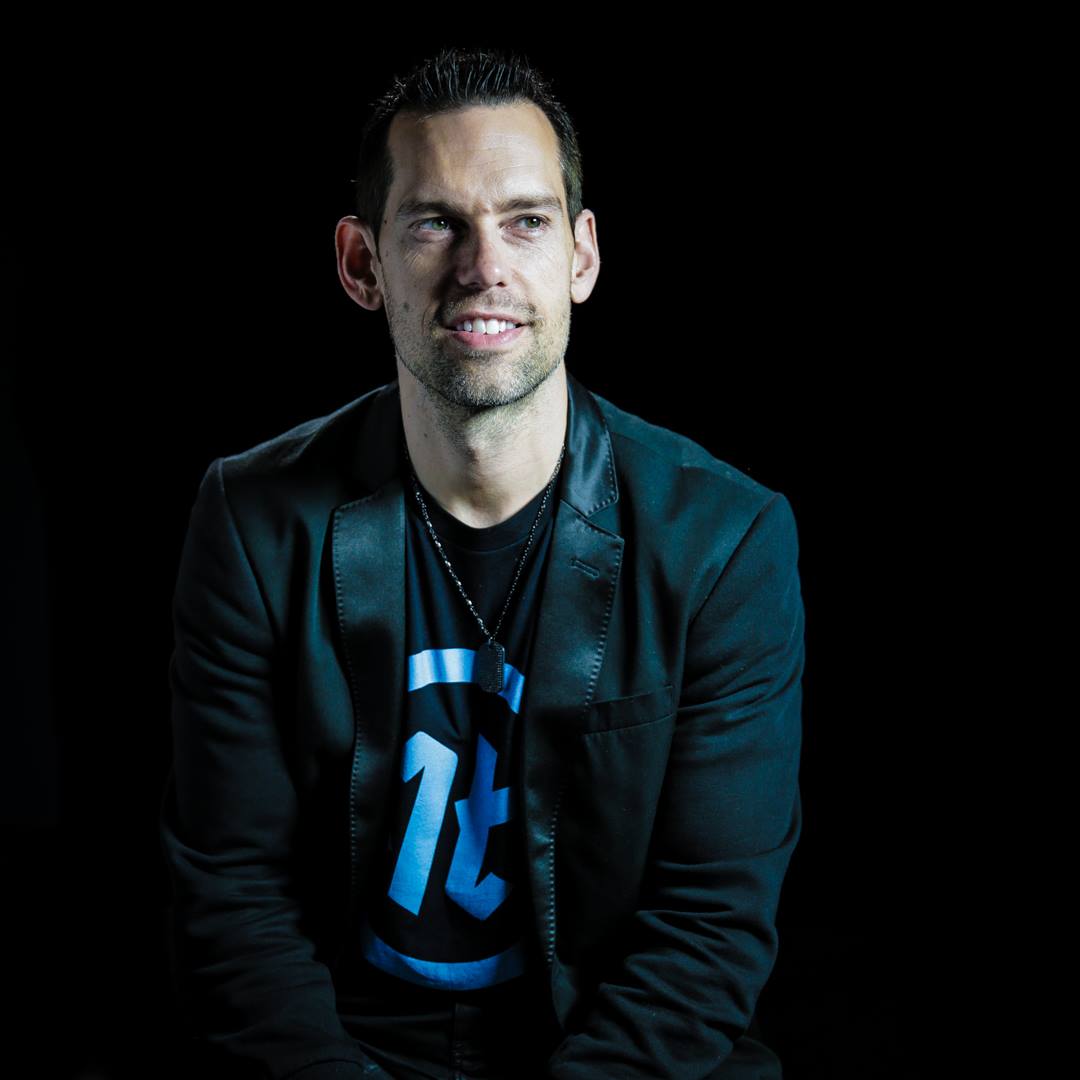
Did that value add marketing directly transform what you have today?
That really was what has now become Inside Quest. Inside Quest is essentially a talk show, podcast, however you want to think about it. We shoot it like a TV show. I think we shoot it with like seven or eight cameras. It’s crazy. It’s huge production and have had just absolutely astonishing guests on, Russell Simmons, Tony Robbins, Tim Ferriss, just a litany of really, really incredible people and our goal is one I want to learn, right, so these are the people that I feel that I can tap into their principles of success.
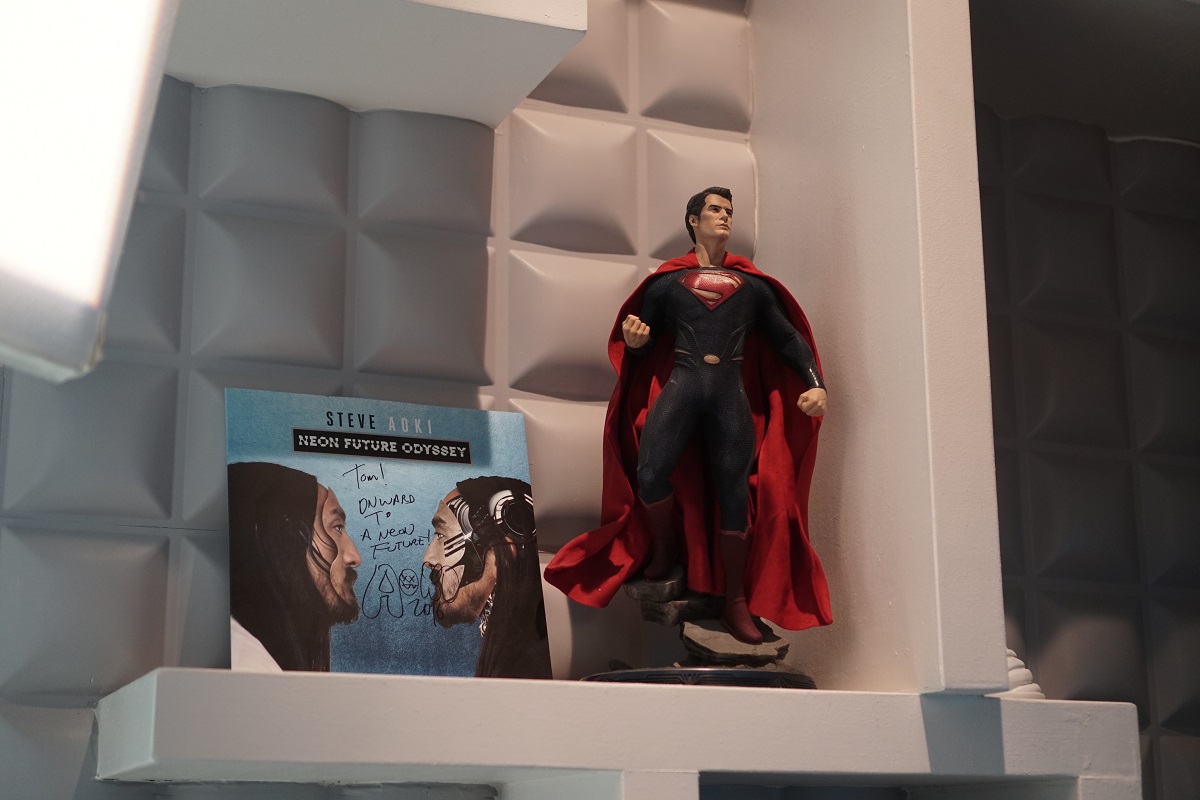
I can learn something I can employ in my own life. I was telling you about David Burkus. Reading his book really was transformative. We had Simon Sinek on, who wrote Start With Why, Leaders Eat Last, and just really, really powerful concepts that have shown themselves in some of our policies. The guys the more I learn about them, the more the company benefits from that, and then hopefully that the end user watches that and sees it. Now, why is it important? The name of the company is Quest for a reason, because we know that everybody out there has a dream.
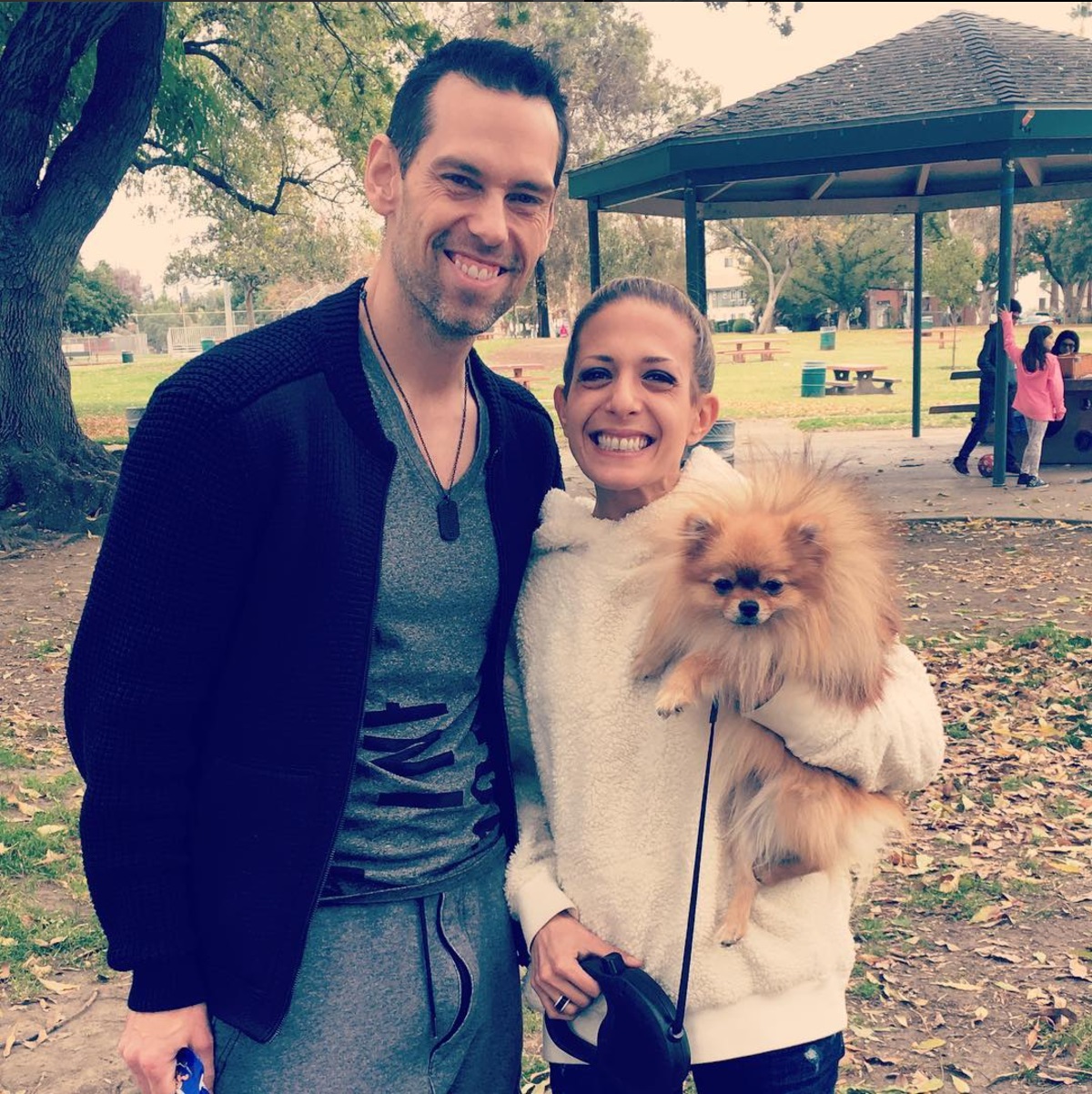
There’s something that they are trying to make. I’m sure that they are trying to drive forward and it is our fundamental belief that the thing that will be the linchpin in them actually doing that is their ability to acquire new skills. We try to bring on guests that have a growth mindset, that can give you insights that will allow you to adapt the growth mindset so that you can actually go acquire those skills so you can actually make your dream come true. That’s really the legacy that we want Quest to be is, the only reason to end metabolic disease is to help people live healthier and more fulfilling lives so that they can do amazing stuff.
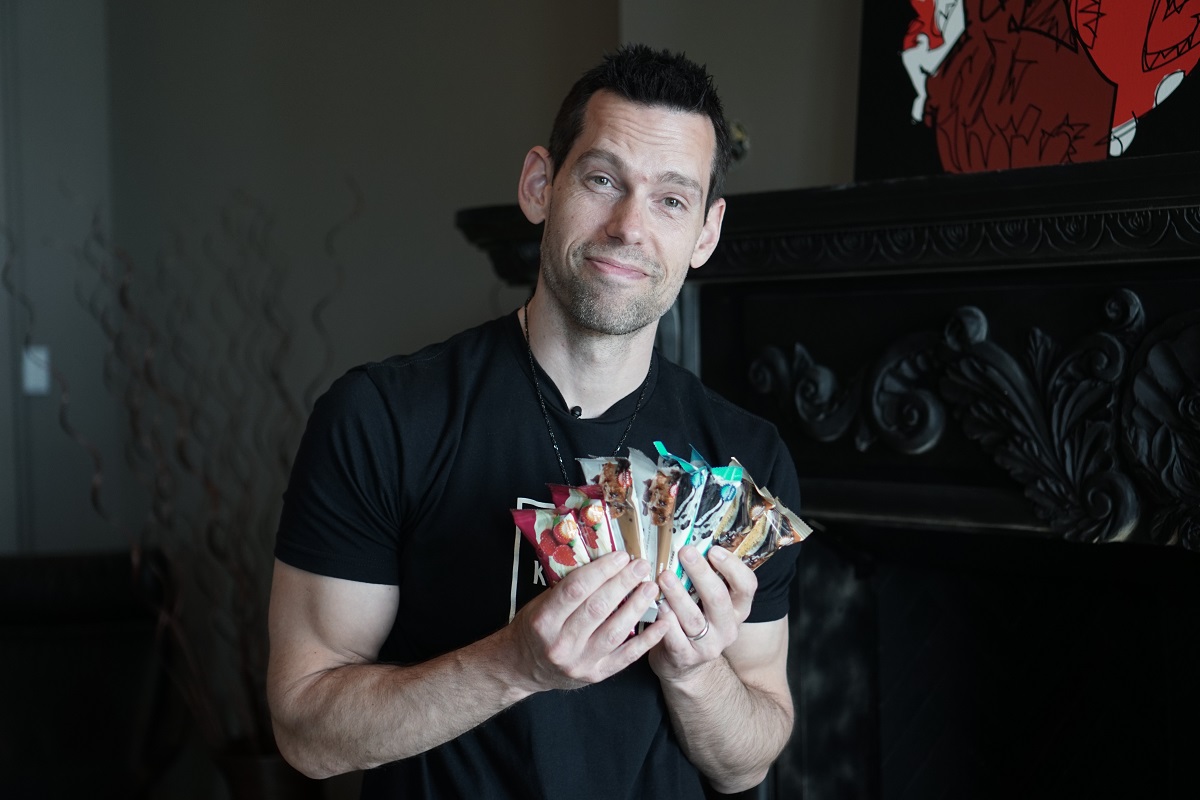
What advice do you have for someone looking to start a protein bar company today?
I definitely wouldn’t want to be starting with a protein bar today because when we came into it, the market was declining, nobody had innovated from an ingredient standpoint for a long time, but if we had to do it over again and we had to use a protein bar, the great news is that everyone has been copying us. We introduced an ingredient called isomaltooligosaccharide. It sounds fancy but it’s really just a fiber known as IMO. The problem is, they did a study on that fiber about a year ago now and realized it’s actually not a fiber. We changed everything in our systems to begin using soluble corn fiber and everyone in the industry thought we were crazy. We told them, “Look, it’s not a fiber. We no longer believe it’s a fiber.” The study is in peer review, but for us, if it’s not a fiber, we can’t use it. Our mission is to end metabolic disease. We need to get something that’s better.
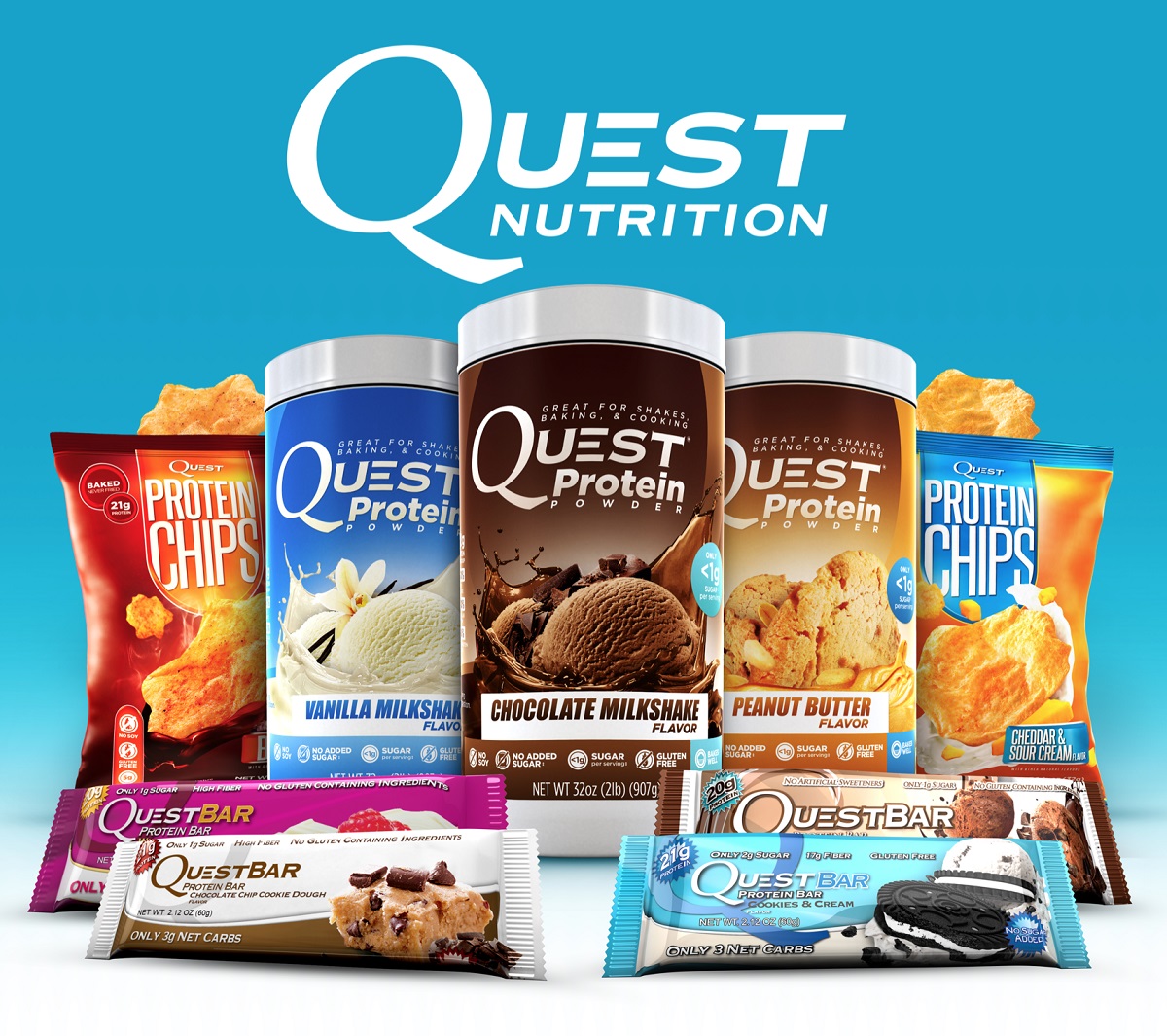
If they are using something that they claim is a fiber and it’s not, and then on top of that, just focusing on value add marketing content creation. I still think it’s something that more people should turn their focus on. It’s just so hard to measure the ROI, but it gets a bit dicey, but yeah, it would still be a fun battleground. We were not guys to shy away from competition. We love that. We think it’s fun. For us, it’s the grand challenge. We’ve got the energy, the enthusiasm, and the belief to come in even though now, it would be a much harder slog in the beginning, but it would still be a great time.
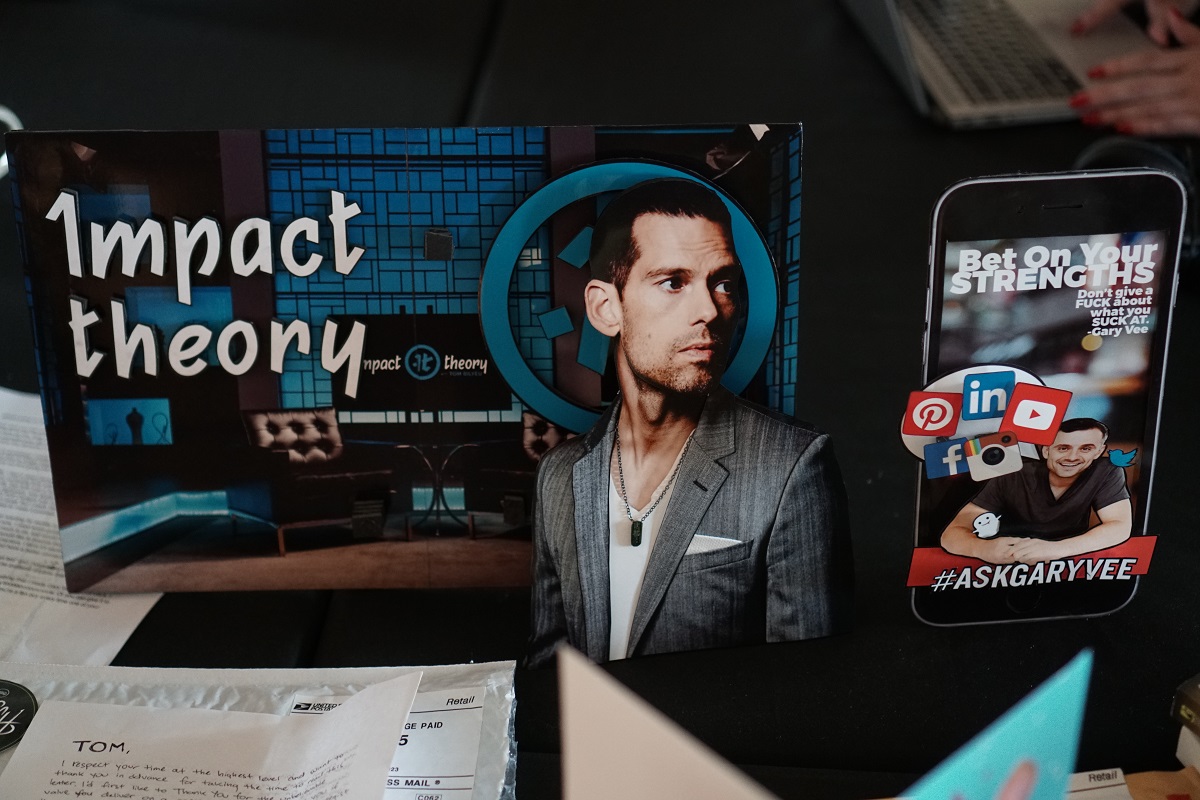
“Your willingness to fight and really push is going to be determined largely by how passionate you are about your idea whether you believe in the mission that your company is trying to accomplish or not, and if you do believe in that mission and if you really are excited by what you’re doing, you’ll go a lot harder and a lot farther.”
– Tom Bilyeu
What kind of mentality do you need to have to stay ahead of industry changes?
I think that people have to hunger for those changing times. I think people have to be looking for that next study. Because our mission is to end metabolic disease, right, and the only thing I know is what we know about health and nutrition and food manufacturing right now has put us into a global pandemic of ill health. What we’re doing isn’t working and I don’t take that personally. I just look at the industry and I say, “Hey guys, as an industry, we all need to change”. We all need to think differently and right now in the food industry, there is a set and forget mentality.
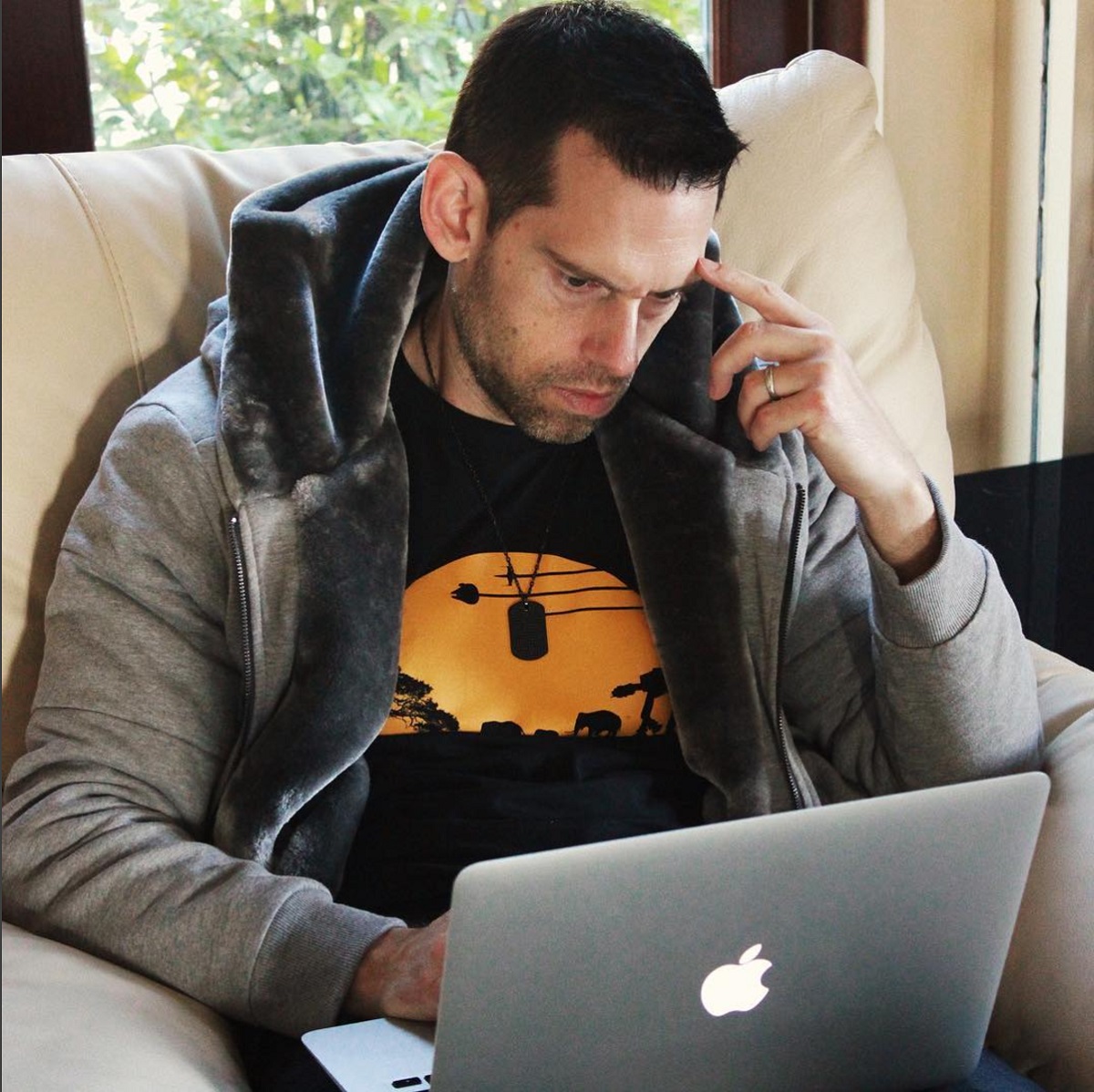
Look at Oreos. They create a formula and the formula doesn’t change like 40 years despite advancements in manufacturing, ingredients, sourcing, better understanding of human metabolism, everything. Everything has changed and gotten better, but when does Oreo change? As far as I know, they didn’t change their formula until the government forced them to remove the trans fats. When you have to be legislated to make change, to me, that’s just the philosophical difference that perhaps worked back in the day.
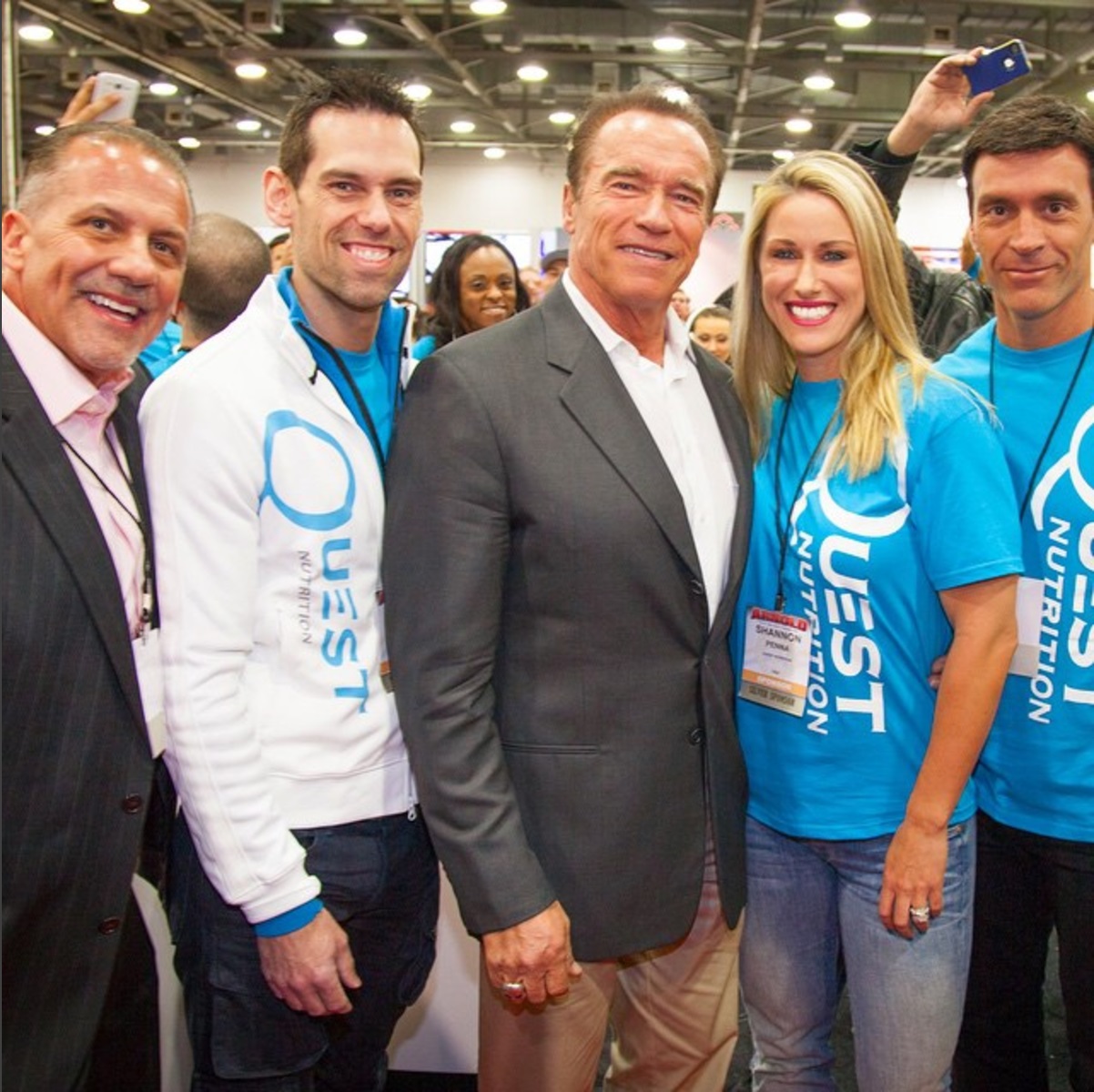
Would you agree that businesses should continuously adapt their products or services based on consumer needs?
When the customer is demanding transparency, authenticity, and has grown up with technology, and they understand that notion of constant, never ending improvement, of iterating, of getting better, and if as an industry everybody comes together and we all say, “Okay, whatever we put out today, the only thing I know is that we’re going to learn more”. If you hunger to learn more and to get better and make the product better, and look, you’re going to take your knocks as you go. When you improve the product, everyone is always going to scream, “If it ain’t broke, don’t fix it,” but then when you make it better, they can never go backwards, right?

It really comes down to the individual. Here at quest, there’s a bunch of us that without any sort of formal encouragement, we just all do like three, four, five or more full blood panels every year, going to multiple labs, different doctors, like really trying to get a broad understanding of what’s happening in our bodies and so that, like, there’s nowhere to escape as a food manufacturer. It’s not a study. It’s real. It’s end of one maybe because it’s purely anecdotal to you, but it’s real. You’re literally looking at it. The things that I’m eating, my lifestyle that’s the result that I’m getting and I’m going to have to make a change otherwise. We always tell people, “Don’t take our word for it. Test your blood.”
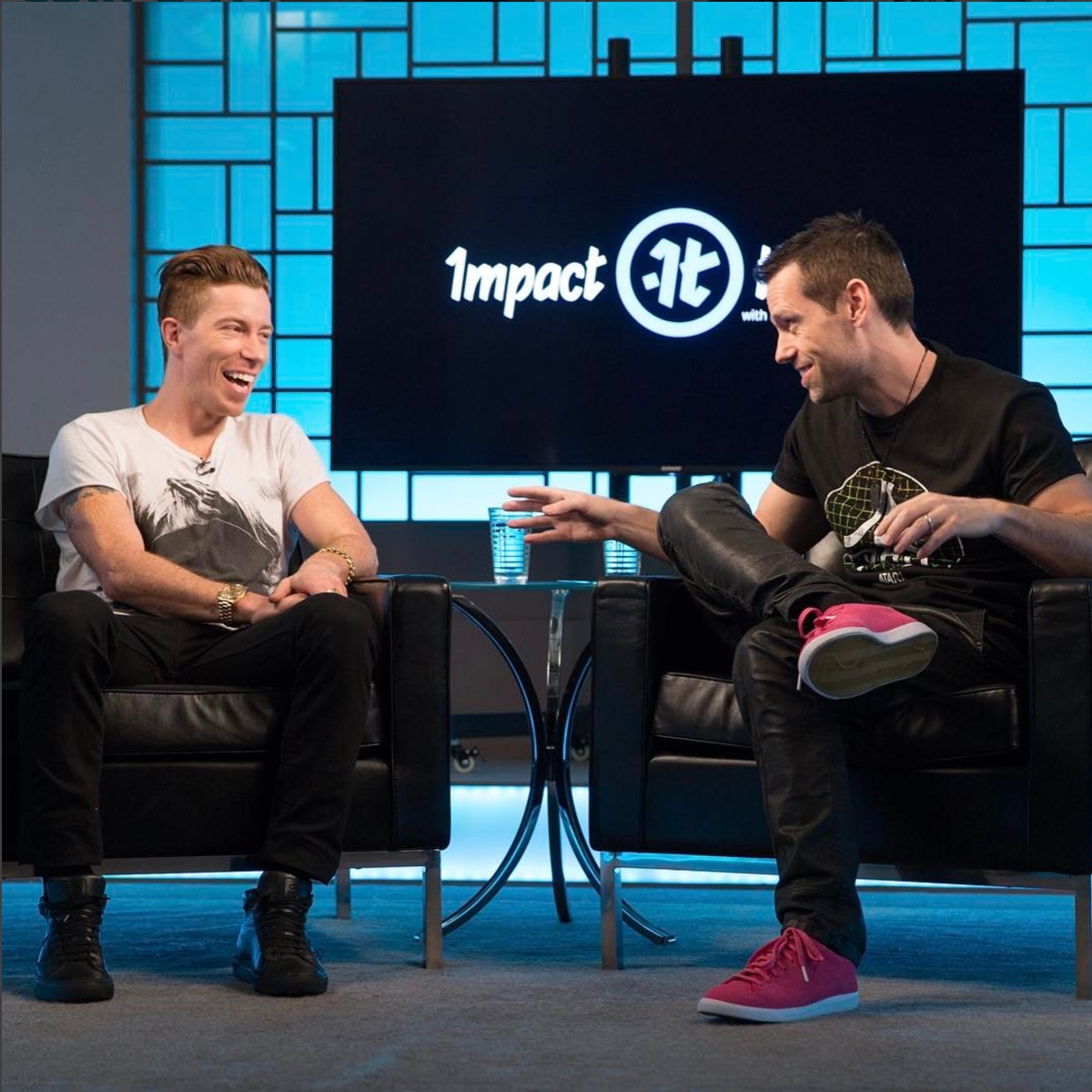
What advice can you leave with our readers?
When things get hard, which is the only promise I can make to any budding entrepreneur is things will get hard. I hope that it’s easy. I hope it’s fun and wonderful, but I can’t make that promise. I can promise that it’s going to be hard and when it gets difficult, your willingness to fight and really push is going to be determined largely by how passionate you are about your idea whether you believe in the mission that your company is trying to accomplish or not, and if you do believe in that mission and if you really are excited by what you’re doing, you’ll go a lot harder and a lot farther.
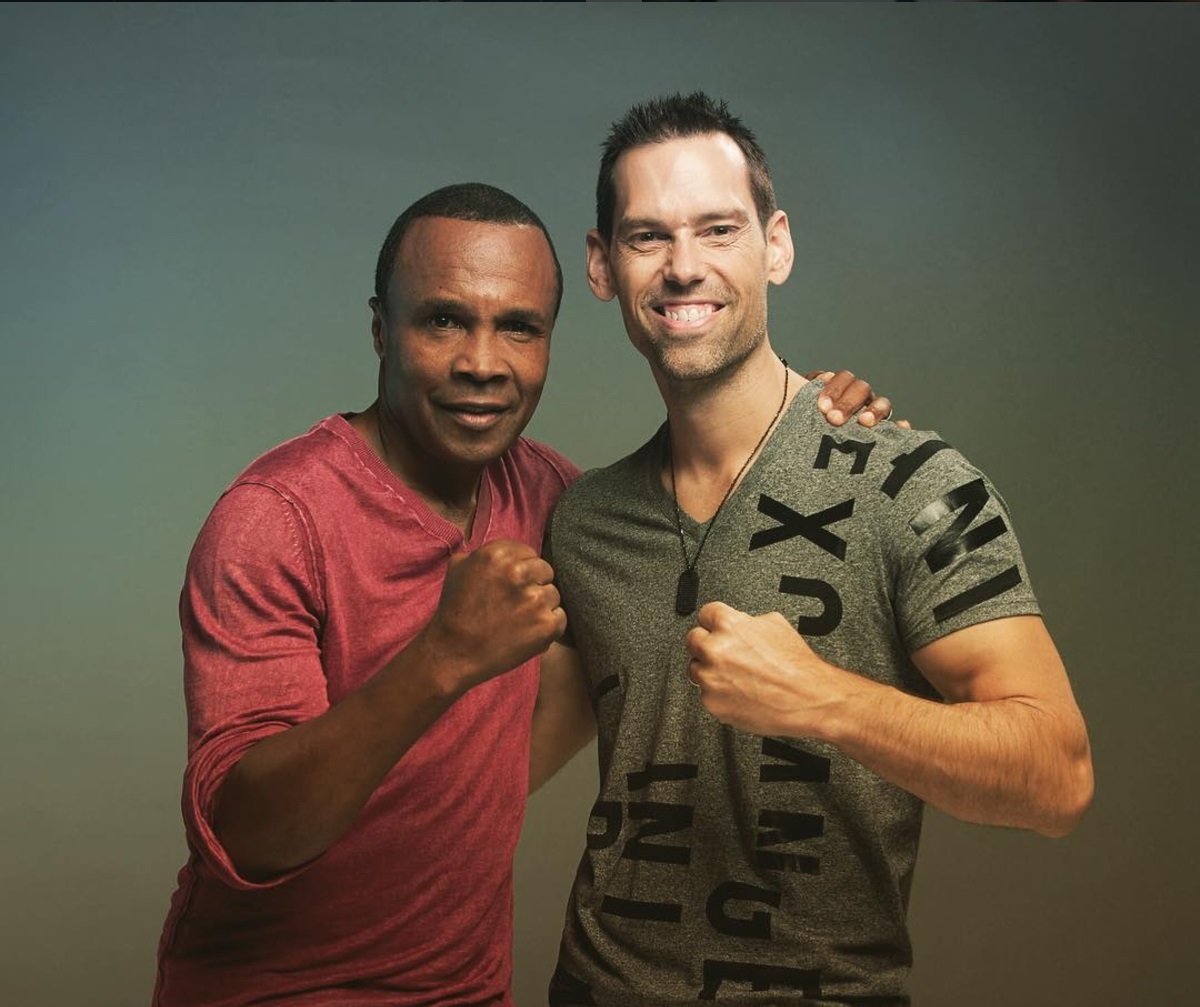
We want to thank Tom for sharing his awesome story. You can follow him at the links below:
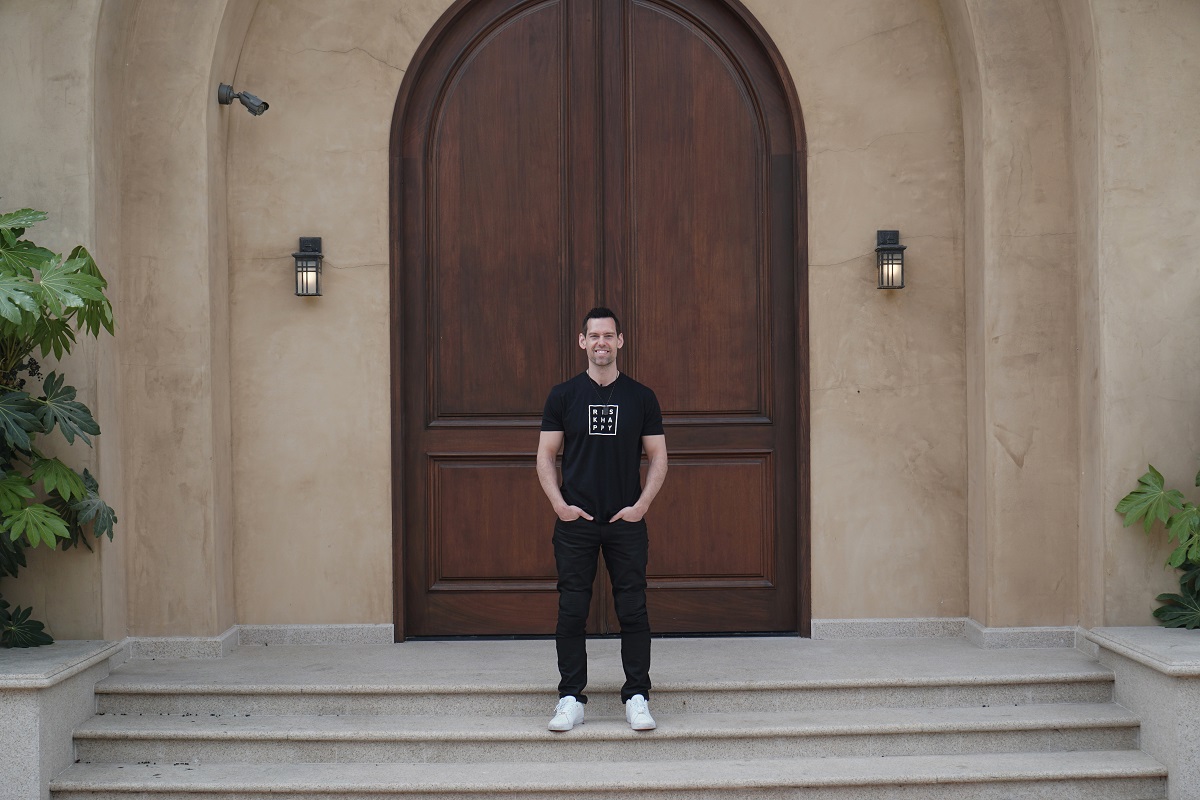
“To me, drive is the willingness to acquire the skills that you’re going to need to make your grand ambition come true because I am not interested in empty dreamers. A lot of people have a dream. I think everybody has a dream,
but very few people are willing to actually grow as a person, acquire new skills so that they can execute on that dream. Execution is the only thing that matters to me.”
– Tom Bilyeu
